UNESCO Chair on
Sustainable Water Resources Management in South Asia
UMCSAWM becomes a part of the Prestigious UNITWIN/UNESCO Chairs Programme
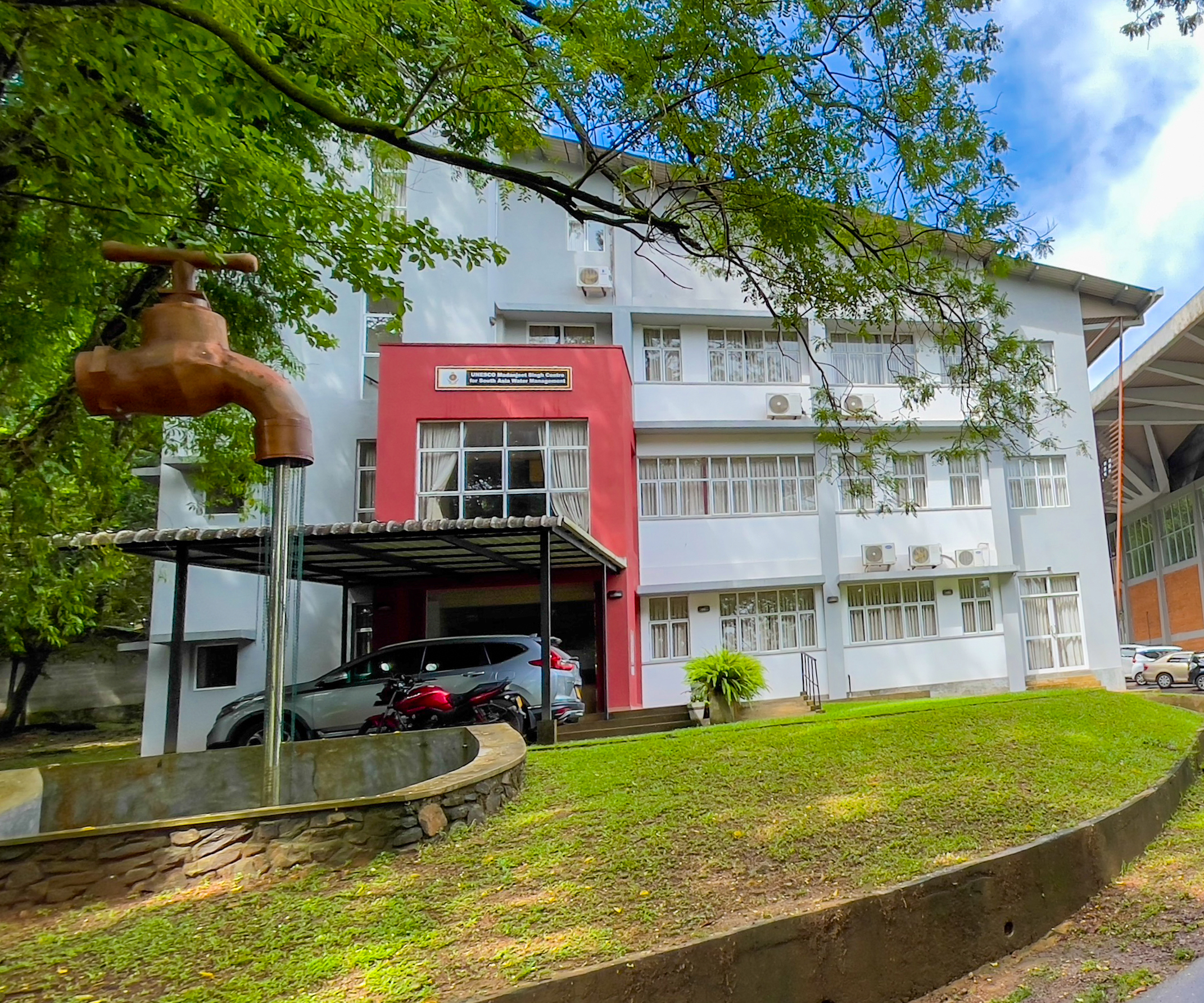
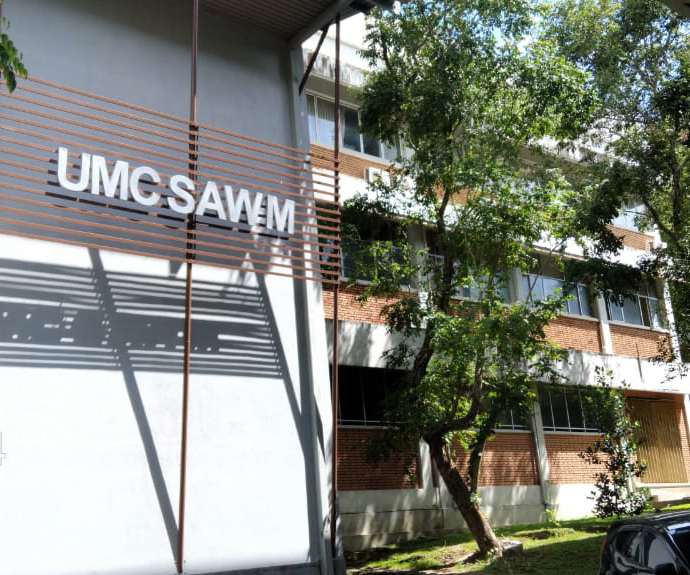
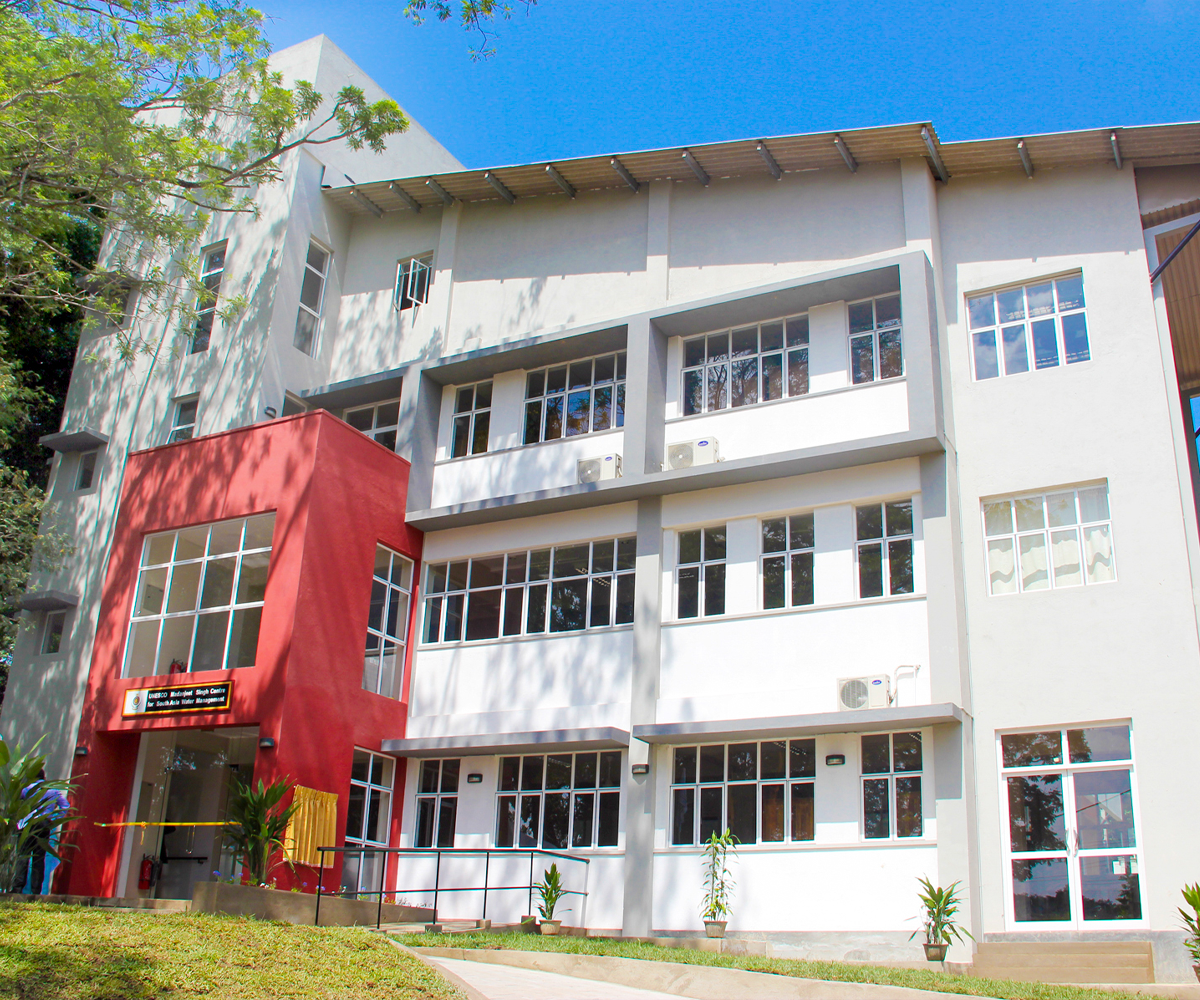
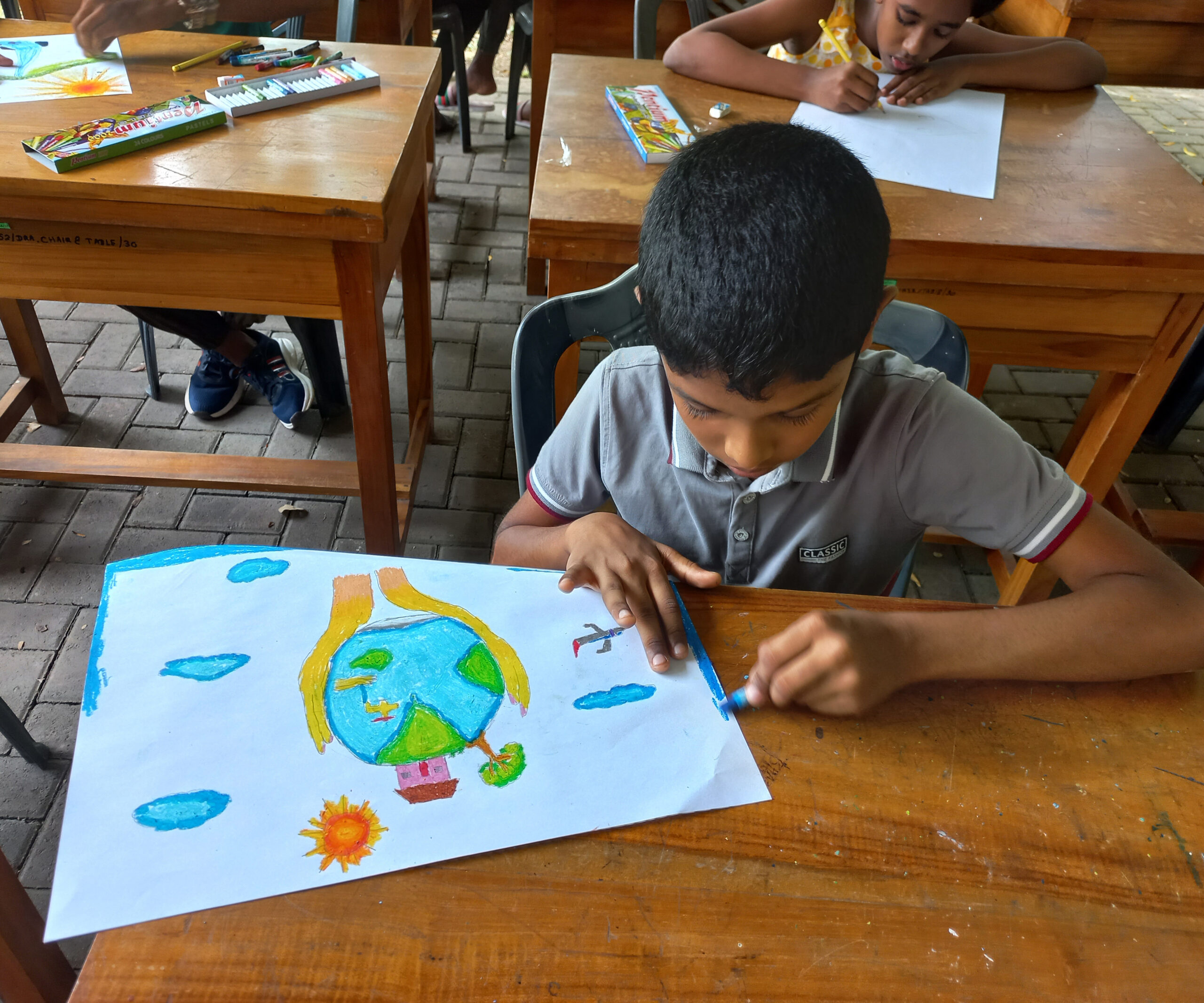
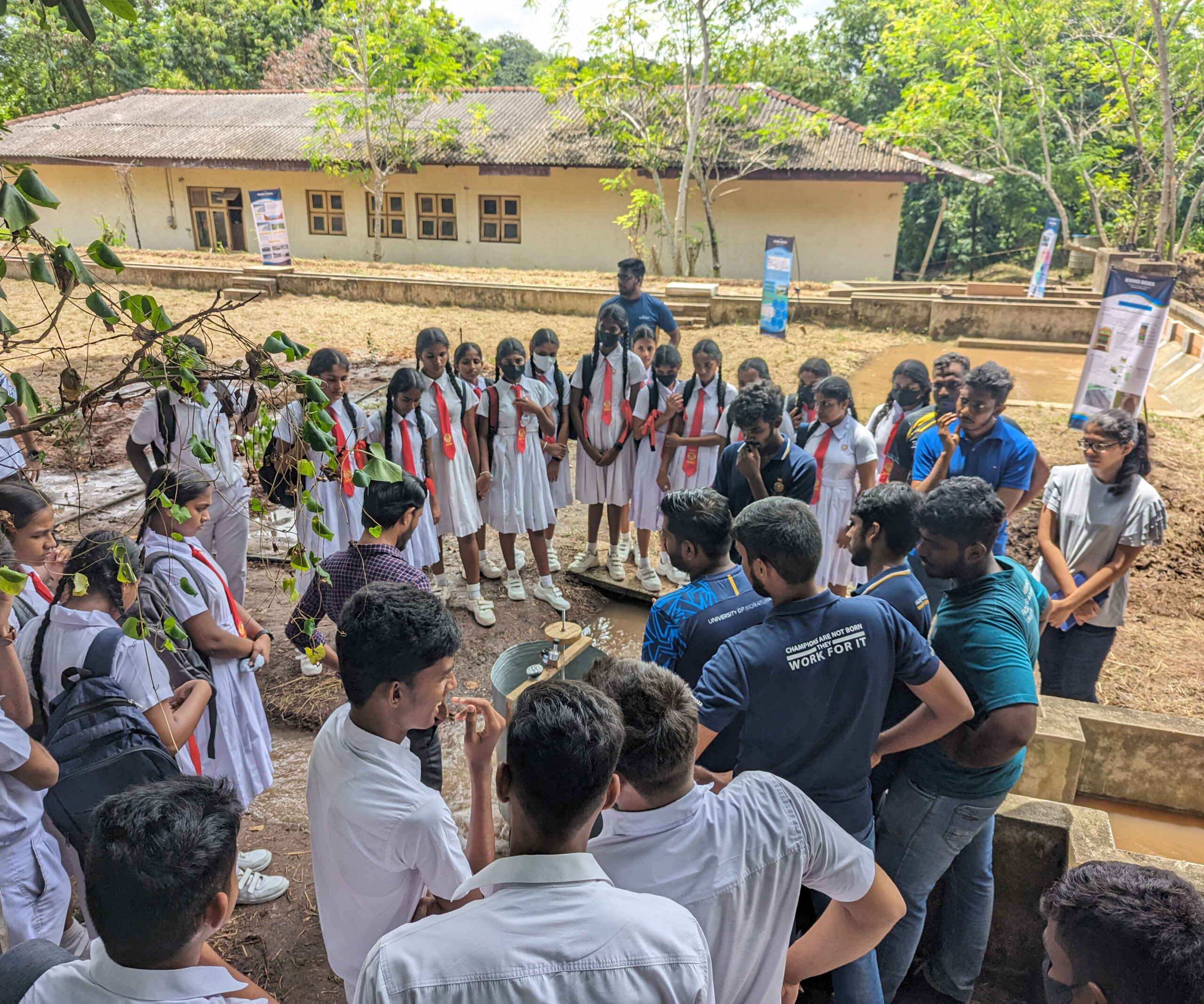
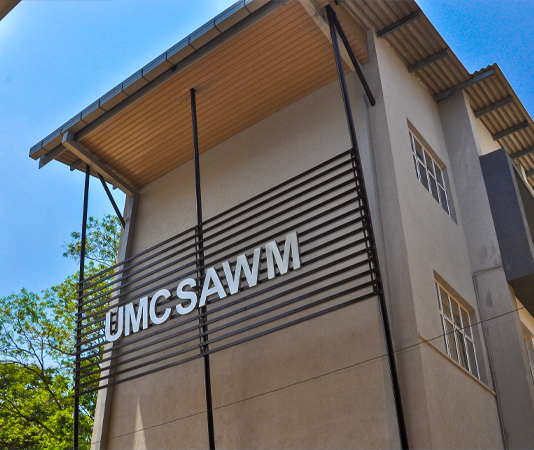
Welcome to the recently established UNESCO Chair on Sustainable Water Resources Management in South Asia at the University of Moratuwa (UMCSAWM), where our decade of dedication to fostering regional cooperation through South Asian water education has received international recognition from UNESCO. This prestigious acknowledgement reflects our unwavering commitment to training professional engineers as the region’s foremost water managers.
The UNESCO Chair comprises an expert team led by UMCSAWM as the hosting higher education and research institution that partners with UNESCO on the above theme to advance knowledge and practice in this area of common priority. The partnership is formalized through an agreement between the Director-General of UNESCO and the University of Moratuwa as the institution hosting the UNESCO Chair. Established within the Department of Civil Engineering as its teaching or research unit, the UNESCO Chair program was initiated by the Founding Director of UMCSAWM, Prof. N. T. Sohan Wijesekera, and is led by its current Director/Centre Chairman and Academic Head referred to as the Chairholder.
At UMCSAWM, we have adopted a multidimensional approach since its inception to nurture a community of scholars specializing in Sustainable Water Resources Management across SAARC nations and beyond. Our mission extends to promoting global convergence in Water Management expertise, encompassing areas such as Water Engineering, Environmental Sciences, Irrigation, Hydrology, Climate Change, GIS, Sociology, and more.
As the prime responsibility of the UNESCO Chair, we are dedicated to advancing water management knowledge and addressing South Asia’s critical regional challenges. In today’s era of environmental concerns and growing water demands, our Chair promotes sustainable water use, recognizing its vital importance.
Inspired by UNESCO’s mission for peace and sustainable development, we bridge research and action. Our objectives include applied research, capacity building, information dissemination, and collaboration in water resources management. We engage with regional and international partners to create a positive impact beyond borders.
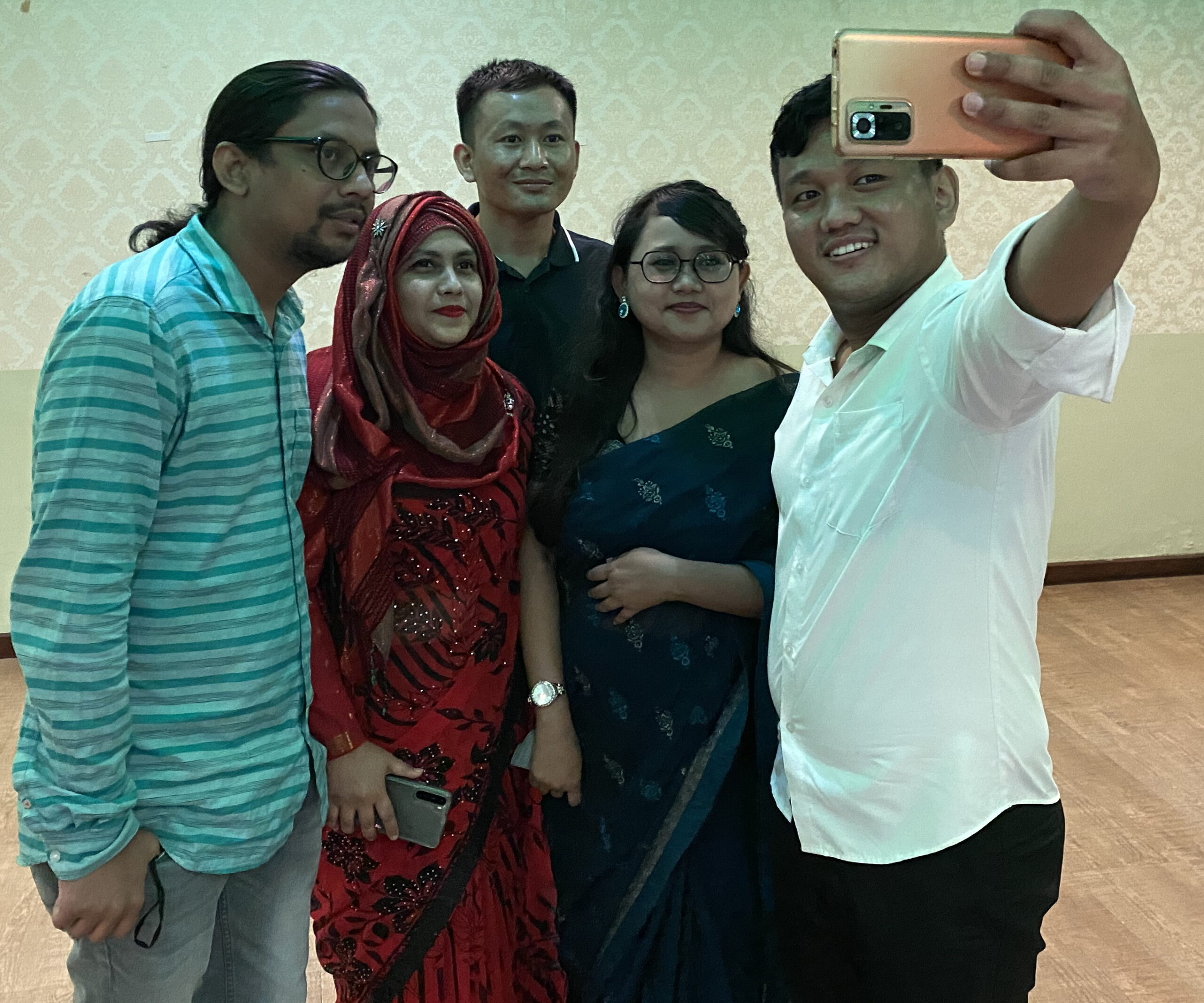
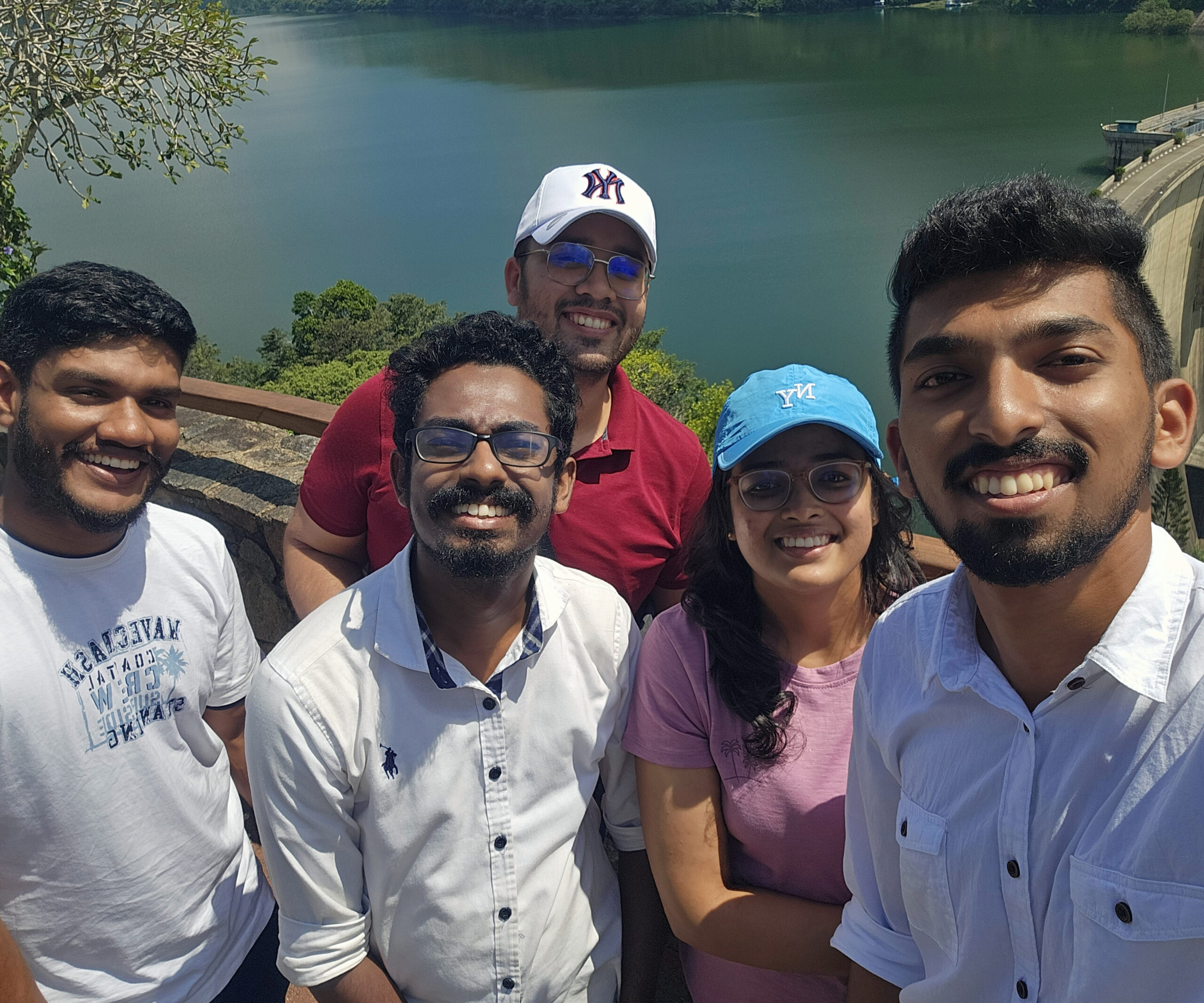
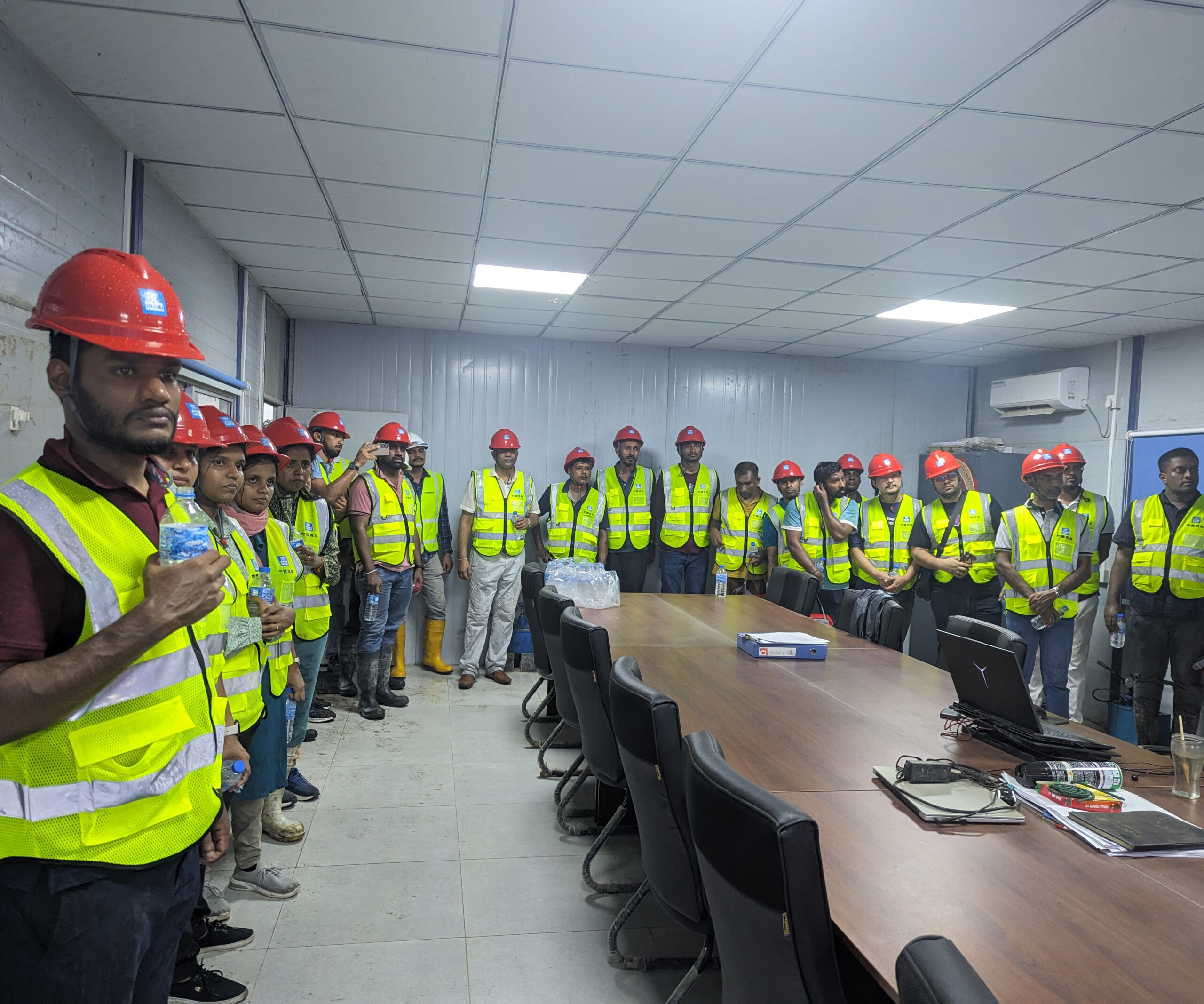
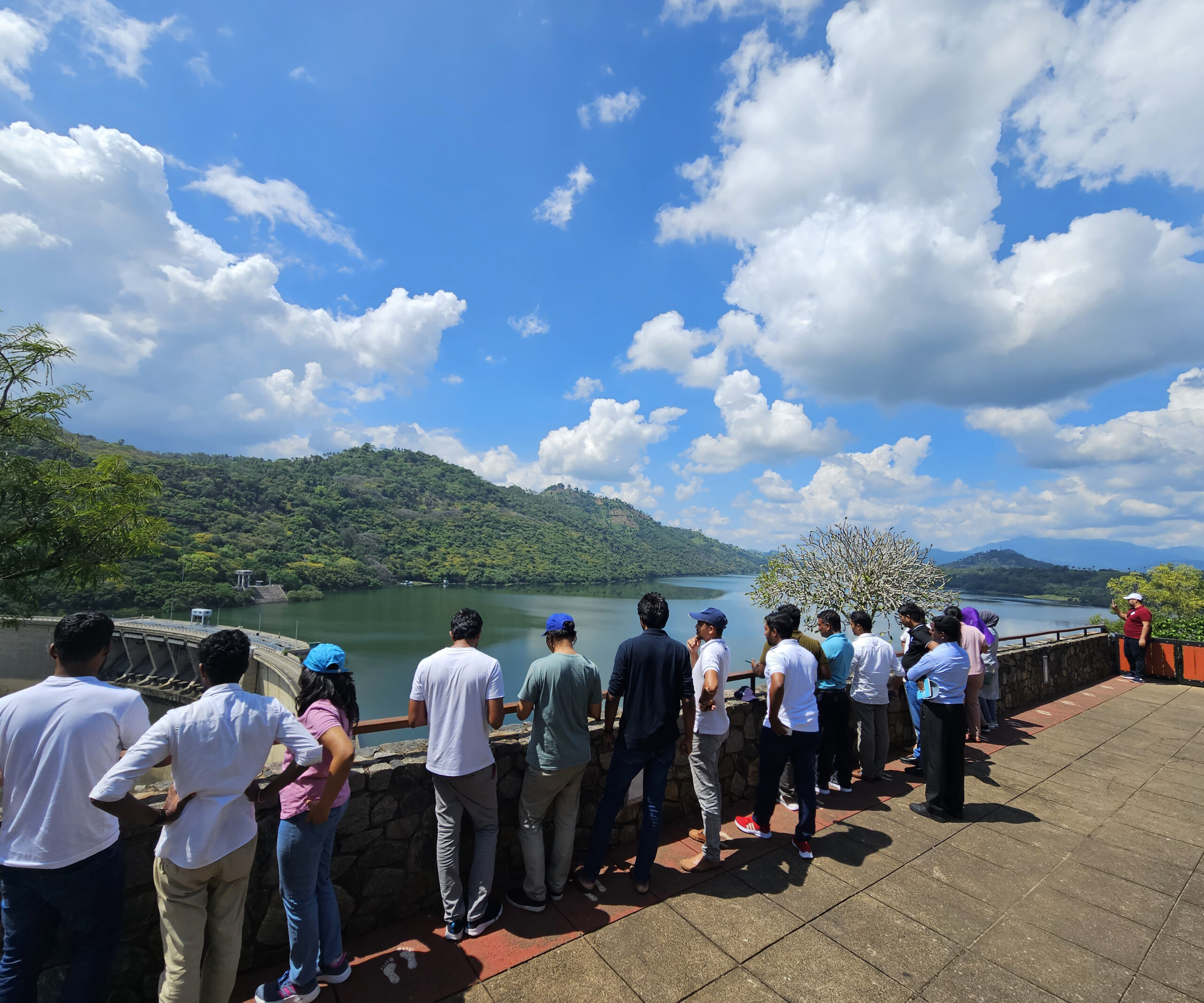
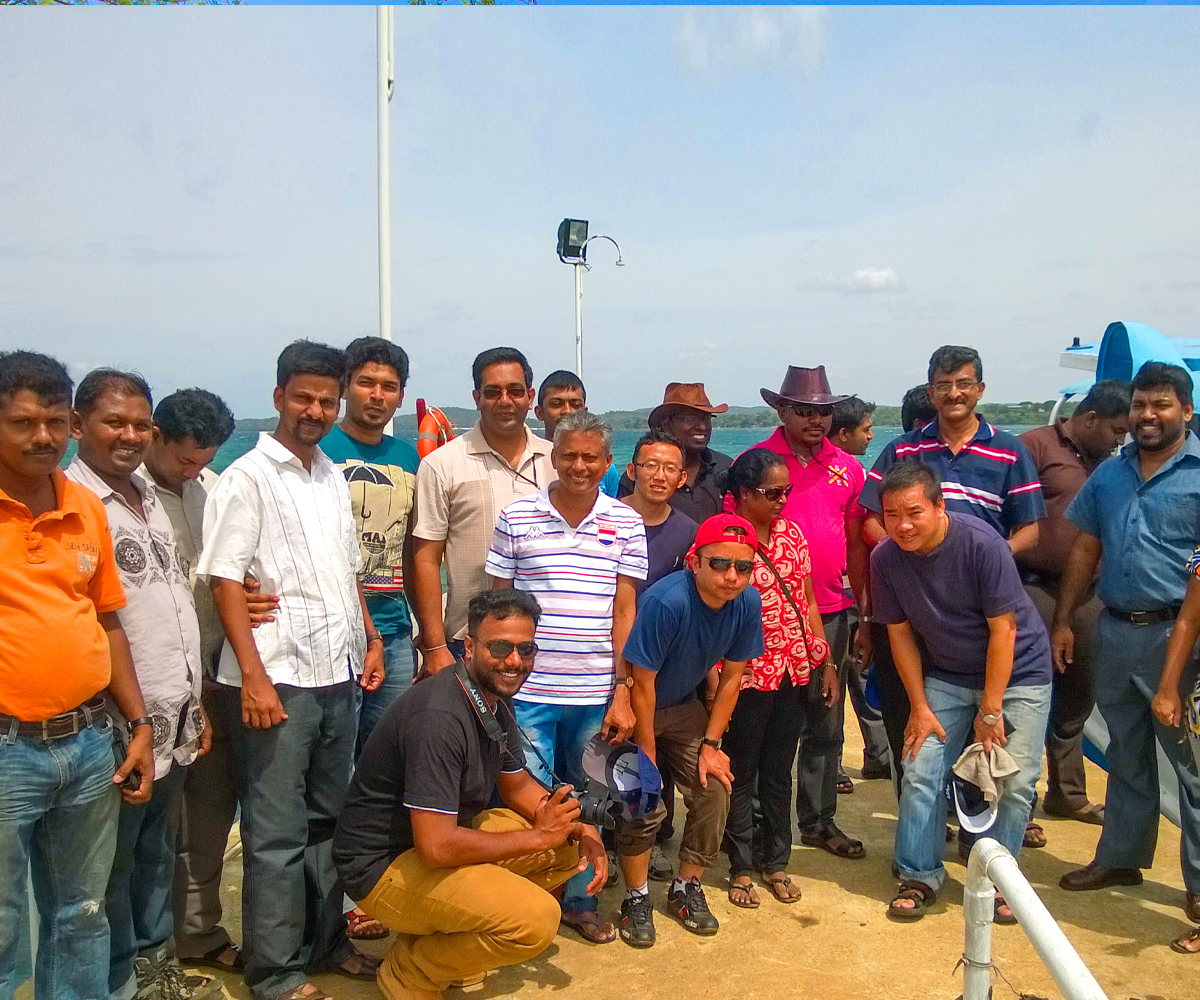
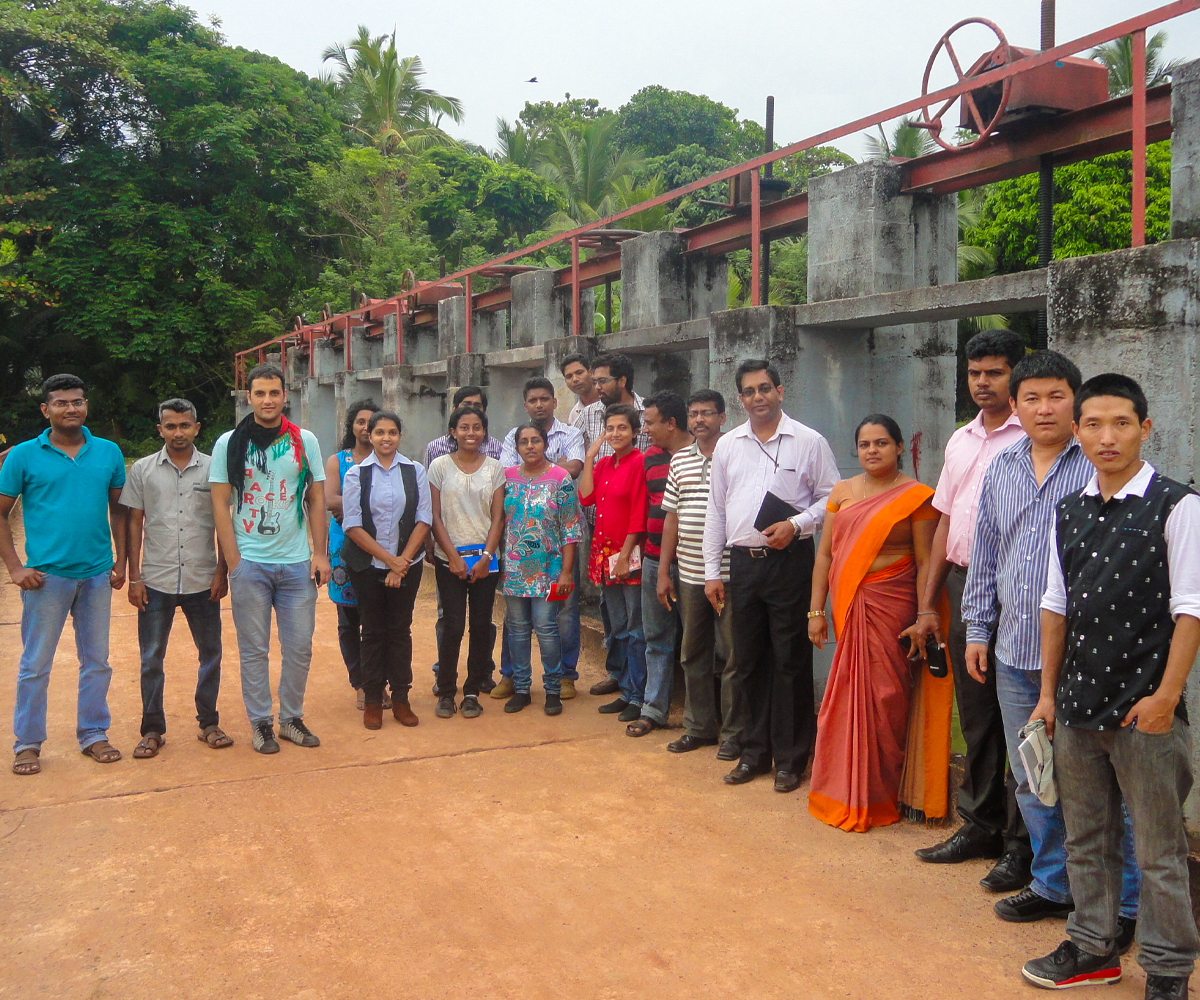
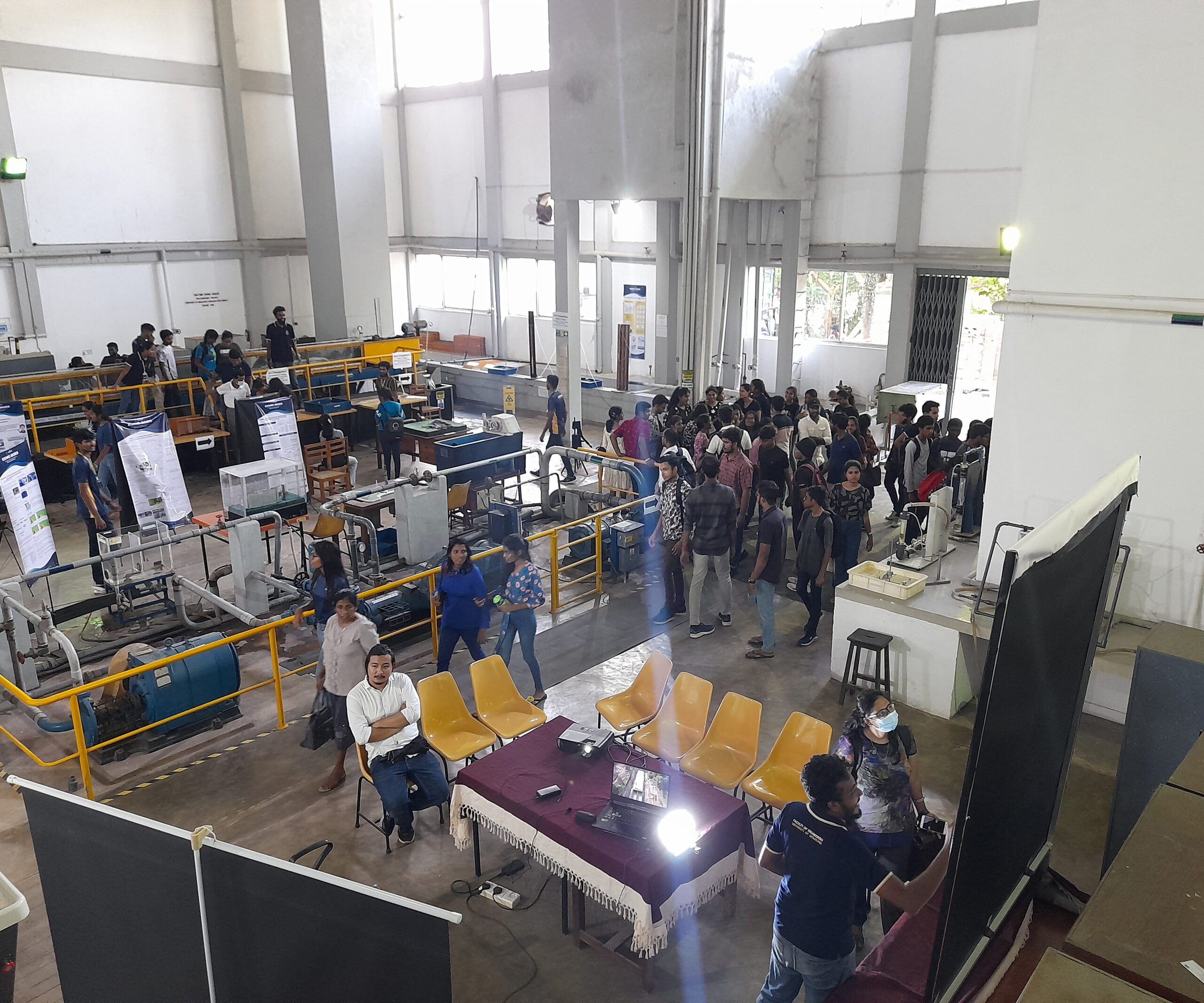
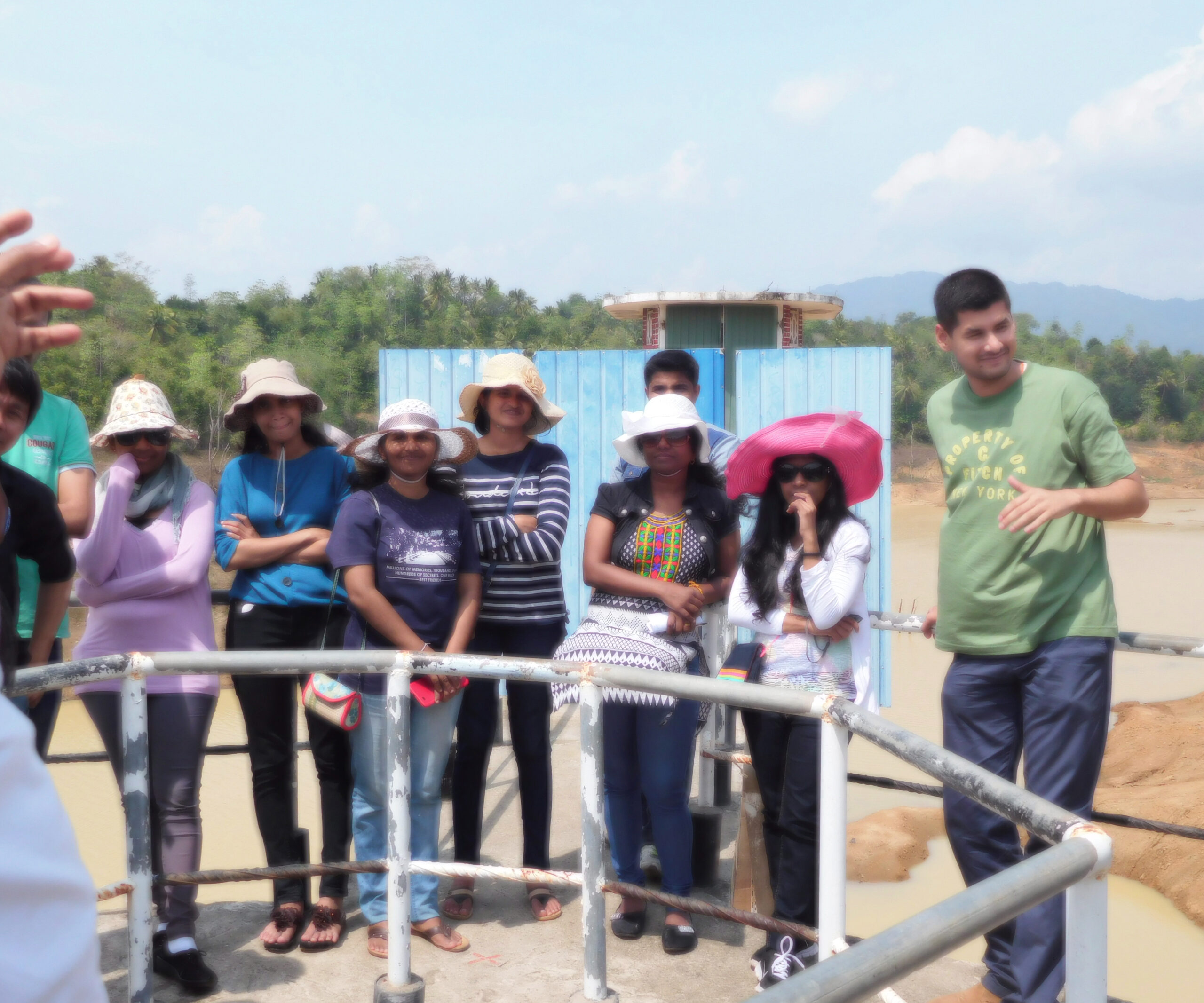
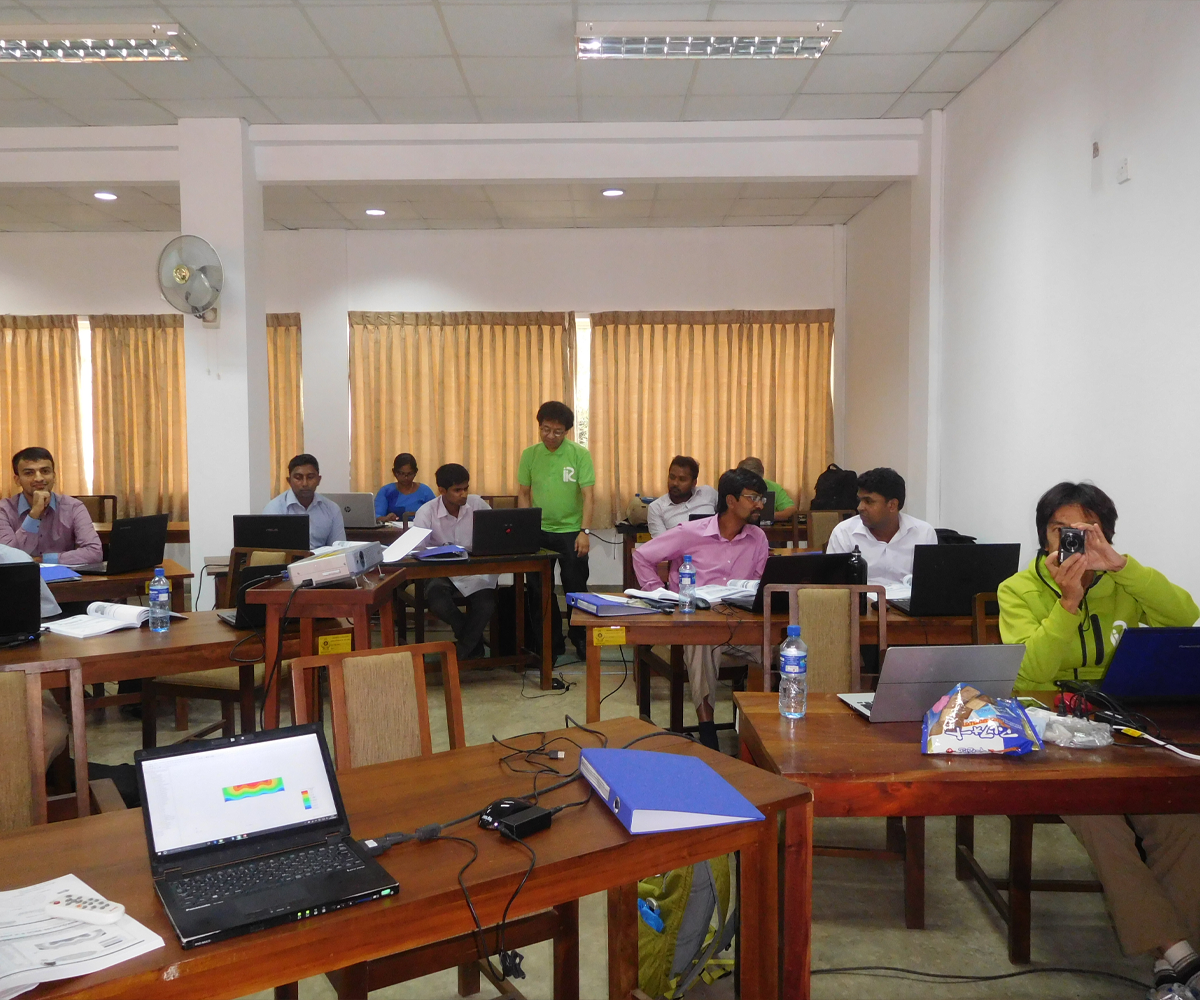
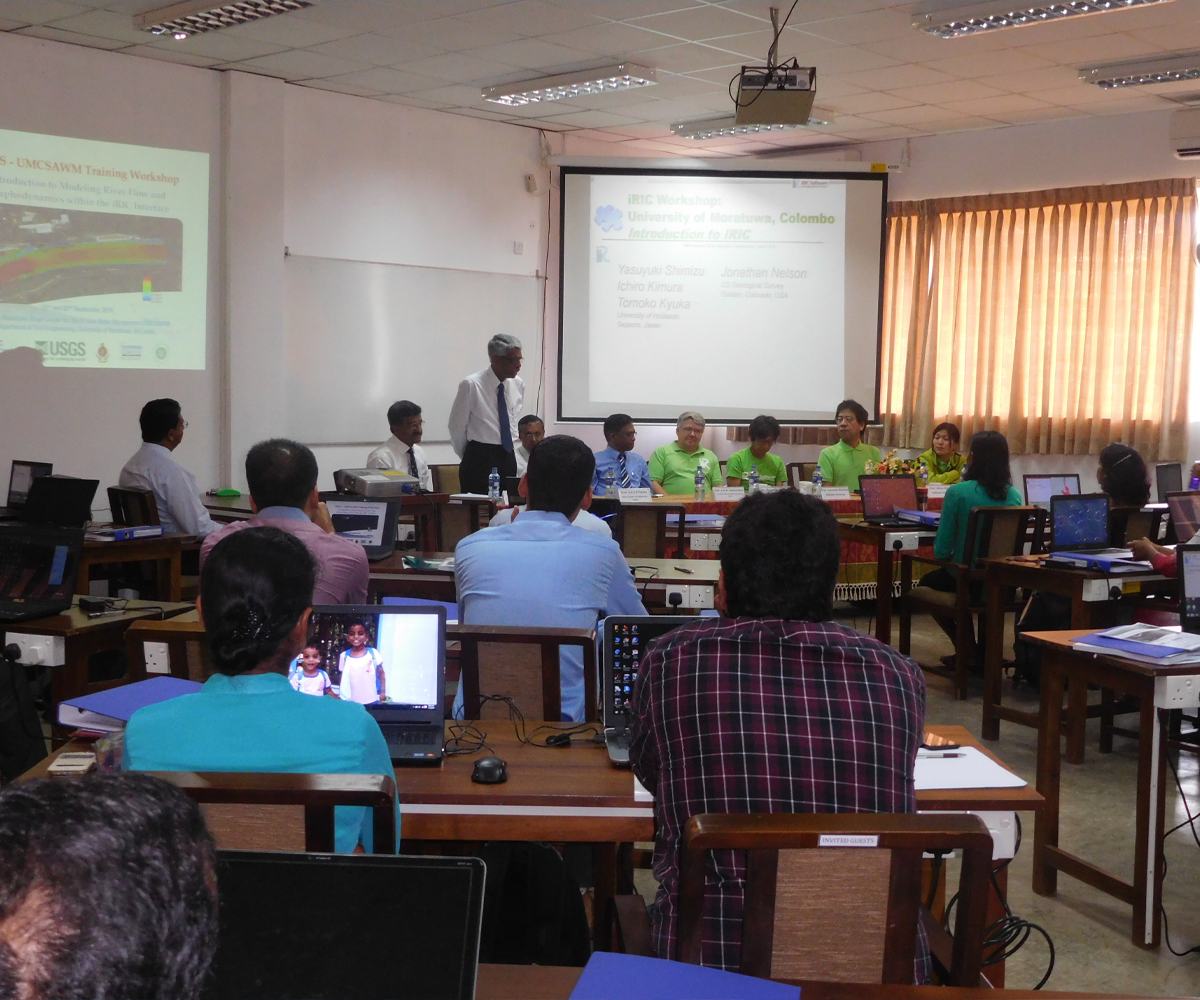
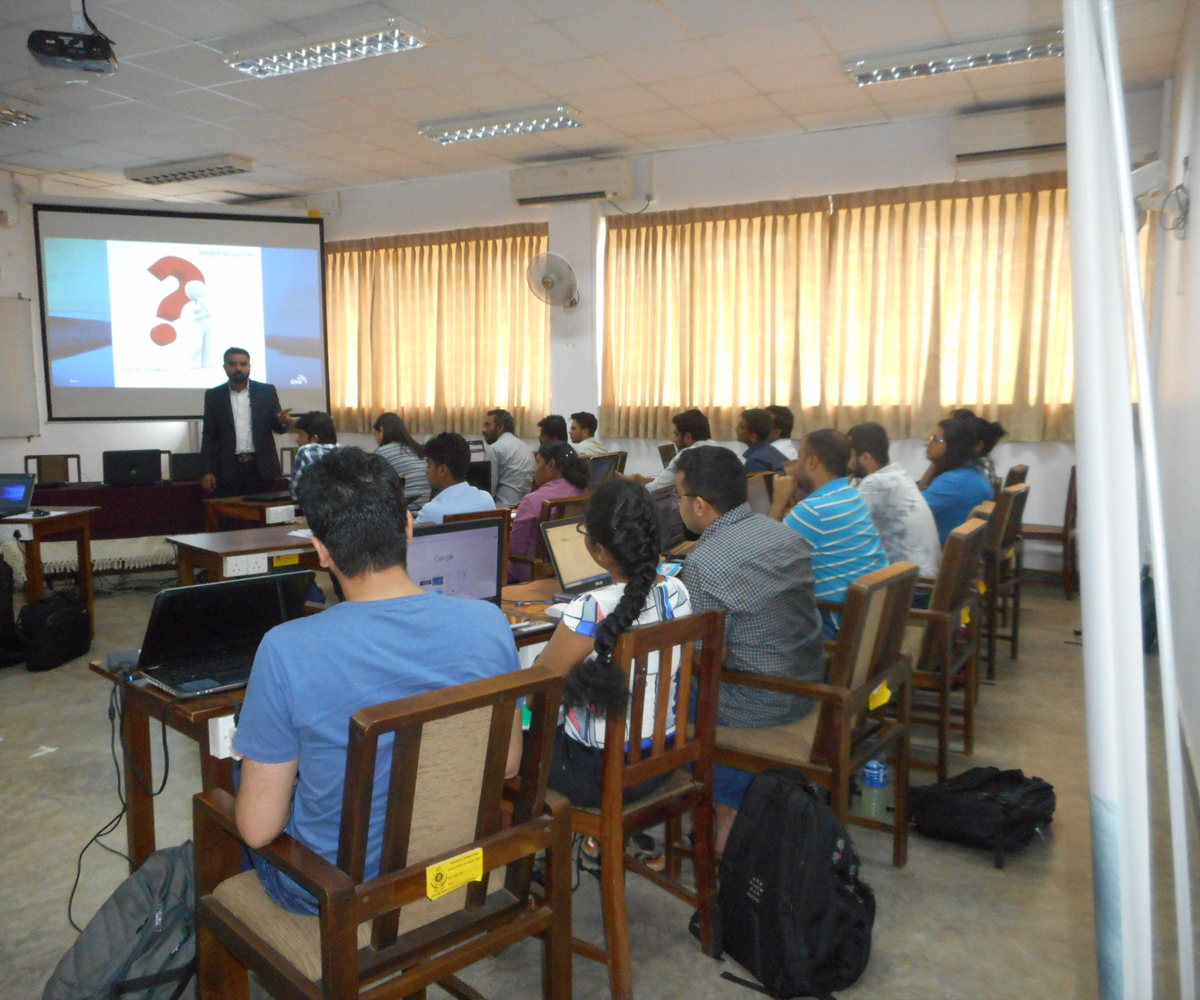
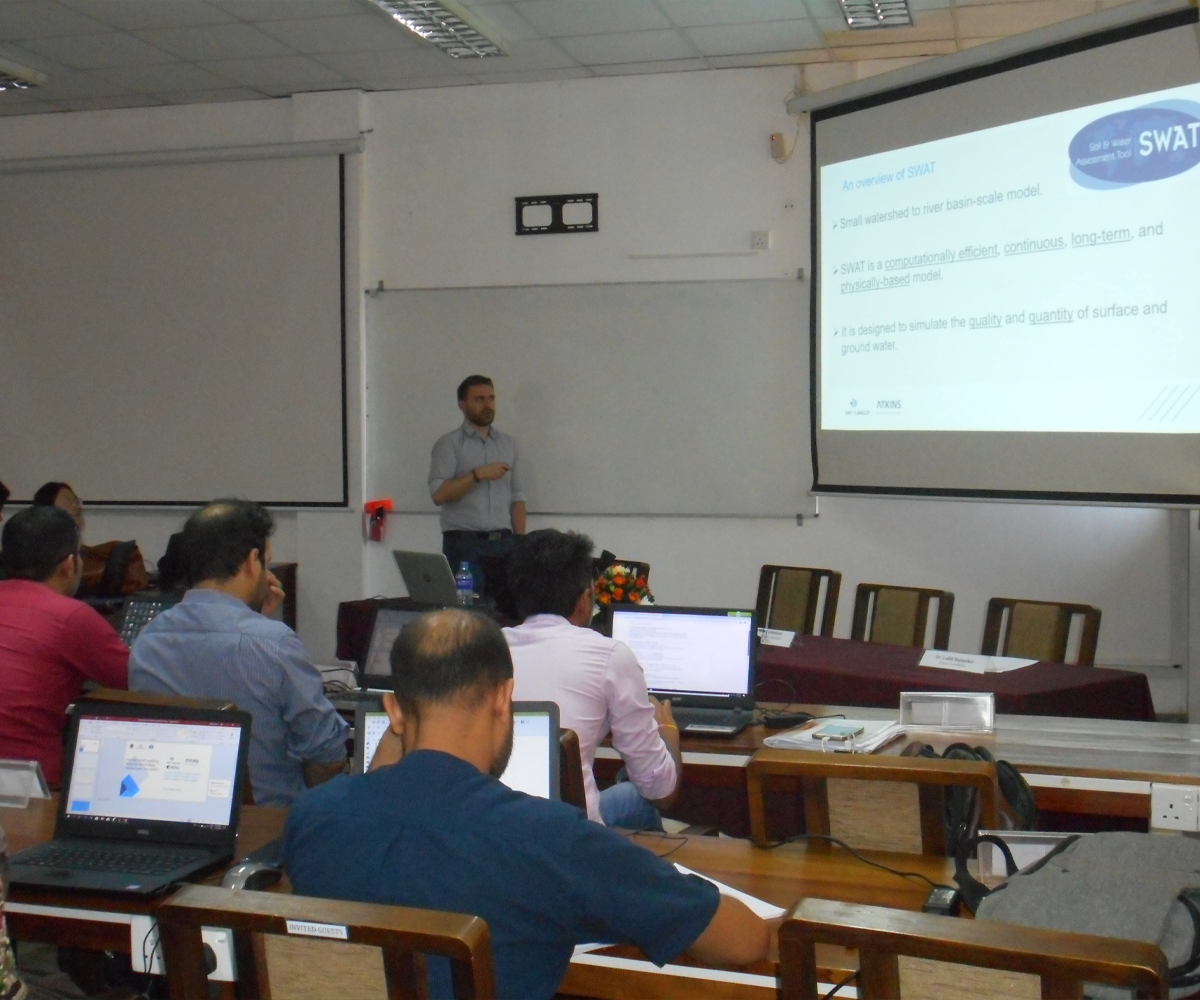
South Asia’s water resources are vital for life and development, making their sustainable management paramount. The UNESCO Chair on Sustainable Water Resources Management is committed to shaping water security in the region. Explore our initiatives, research, and activities to safeguard this invaluable resource for current and future generations in South Asia while contributing to global water management efforts.
While we are deeply honoured by this new responsibility, our commitment to advancing water management goals in the region, aligned with global and UN initiatives, remains steadfast. Join us on this transformative journey towards sustainable water resources management.
UNESCO Chair
The UNESCO Chair on Sustainable Water Resources Management in South Asia, located at the UMCSAWM, University of Moratuwa, serves as a hub of innovation and collaboration. It integrates cutting-edge research, specialized training, and comprehensive information on sustainable water resources management, fostering dynamic synergies among international researchers, university staff, and partners from institutions across Asia, the Pacific, and beyond. Through impactful initiatives and groundbreaking research, the chair contributes to sustainable water solutions that transcend geographical boundaries. Join us in shaping a water-secure future.
Professor. R. L. H. Lalith. Rajapakse, the current Director/Centre Chairman and Head of the UMCSAWM Academic program serves as the founding Chair-holder. Under his guidance, the Chair oversees the ongoing academic program, enhancing its international scope while bolstering its presence through a cohesive approach to research, training, and comprehensive information on sustainable water resources management in South Asia.
Professor Rajapakse is a renowned figure in the field of water resources management, known for his outstanding contributions to sustainable water management practices and education in Sri Lanka and South Asia. With a wealth of expertise in hydraulics, hydrology, ecosystem management, and environmental engineering, he brings a multi-faceted approach to addressing the region’s pressing water challenges.
With a distinguished career spanning River Engineering, Floodplain Management, and Flood Forecasting, he has significantly contributed to the field. His expertise in River Engineering addresses intricate challenges within river systems, emphasizing sustainability and safeguarding floodplains. In the realm of Floodplain Management, his contributions have shielded vulnerable communities from the perils of flooding. Moreover, his pioneering work in Flood Forecasting has significantly improved early warning systems, thereby saving lives and mitigating damages.
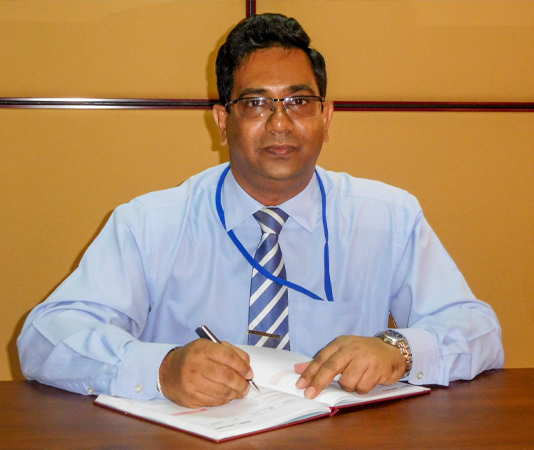
Dear UNITWIN Programme Team and All UMCSAWM Partners,
It is with a deep sense of gratitude and appreciation that I write in response to the signing of the MoU between UNESCO and University Moratuwa for the establishment of the UNESCO Chair on Sustainable Water Resources Management in South Asia at UMCSAWM, Department of Civil Engineering, University of Moratuwa. This inclusive gesture and recognition mean a great deal to us and the entire UoM-UMCSAWM team involved in the UMCSAWM flagship program for the promotion of regional cooperation through South Asia water education which led to the establishment of the UNESCO Chair.
I extend my sincerest appreciation on behalf of all participants and collaborators for acknowledging the collective effort that has gone into making this UNESCO Chair a reality. Indeed, it has been a journey of dedication and perseverance, and we are humbled by the recognition of our hard work.
As it has already been correctly mentioned, the partnership and cooperation between various stakeholders have been instrumental in achieving this significant milestone. The support from the Ministry of Higher Education/University Grants Commission (UGC)/ Sri Lanka National Commission for UNESCO (SLUNC), the UNESCO Headquarters in Paris, the Sri Lanka Ambassador in Paris, South Asia Foundation (SAF) led by Principal Trustee Madam France Marquet and its Sri Lanka Chapter under the leadership of Mr. Aravinda Rodrigo and Former Chairperson Her Excellency Madam Chandrika Bandaranaike Kumaratunga, Secretary Ms. Swinitha Perera, the Madanjeet Singh Foundation instituted by UNESCO Goodwill Ambassador Late Shri Madanjeet Singh UMCSAWM Founding Director/Centre Chairman Prof. Sohan Wijesekera, all Vice Chancellors, Deans, Head, and other staffs, have been vital in making this endeavor a success. This UNESCO Chair is not only a testament to the commitment of UMCSAWM and these entities but also a symbol of their dedication to promoting education and excellence in the field of sustainable water resources management.
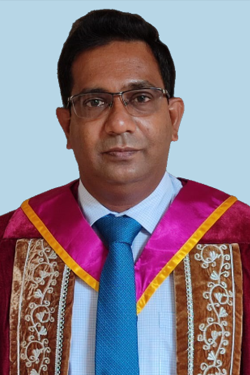
We are truly honored and grateful for the Madanjeet Singh Foundation’s generous and continued support for this UNESCO Chair. Their support for this endeavor extends beyond Sri Lanka and has a profound impact on the entire South Asian region, a vision cherished by the UNESCO Goodwill Ambassador late Shri Madanjeet Singh, the former SAF Sri Lanka chairperson, and the late Minister Lakshman Kadirgamar who were instrumental in establishing UMCSAWM. Their dreams are realized through this initiative, and it reflects the enduring legacy of their vision.
As the host institution, the UMCSAWM’s past ten years have witnessed remarkable progress, and we owe this achievement to the unwavering commitment of numerous individuals and organizations, especially including the Former SAF Chairperson, Former President Her Excellency Madam Chandrika Bandaranaike Kumaratunga, Former Vice Chancellors, Former Center Chairman, who indeed have played a pivotal role in this journey.
As we move forward, we are committed to upholding the standard of excellence that this UNESCO Chair represents. Our dedication to promoting sustainable water resources management and environmental stewardship remains resolute, and we look forward to continuing our collaborative efforts to make a positive impact in the field.
Once again, let me thank all involved for their relentless support and the honour you have bestowed upon us. We appreciate your trust and commitment to furthering this important cause.
– Professor Lalith Rajapakse
Director/Centre Chairman – UNESCO Madanjeet Singh Center for South Aisa Water Management (UMCSAWM)
Chairholder – UNESCO Chair on Sustainable Water Resources Management in South Asia
University of Moratuwa
Dear UNITWIN Programme Team and All UMCSAWM Collaborators,
We deeply appreciate your recent communication concerning the establishment of the UNESCO Chair on Sustainable Water Resources Management in South Asia at UMCSAWM, University of Moratuwa, as well as the appointment of Prof. R. L. H. Lalith Rajapakse as the inaugural Chairholder of the UNESCO Chair.
On behalf of the University of Moratuwa, I would like to extend our heartfelt gratitude to UNITWIN and UNESCO for entrusting us with the prestigious responsibility of hosting the UNESCO Chair on Sustainable Water Resources Management in South Asia.
We are deeply honoured to receive this recognition and opportunity to contribute to the advancement of water resources management in the region. Our sincere appreciation goes out to Dr. Sobhi Tawil, Ms. Francis Zamora-Michel, Ms. Inga Nichanian, and the entire UNITWIN Programme Team for their unwavering support and guidance throughout the approval and appointment process.
We also wish to acknowledge the invaluable support of SAF, particularly the late UN Ambassador Shri Madanjeet Singh and Principal Trustee Madame France Marque, and SAF Sri Lanka Chapter whose dedication to the cause of water education and sustainable development has been instrumental in making this endeavour possible.
I would like to express our gratitude to our dedicated UoM staff, including the Dean of Engineering, Head of Civil Engineering, Director of International Relations, and all others who have worked tirelessly to make this initiative a reality.
We are confident that the newly appointed UNESCO Chairholder Prof. Lalith Rajapakse and his team at the UMCSAWM and Hydraulic and Water Resources Engineering Group of the Department of Civil Engineering will dedicate their time and efforts to this salient course while enhancing and continuing their already ongoing work related to the theme of this Chair.
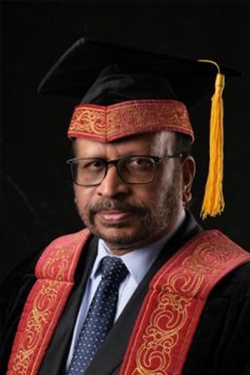
As we move forward, we remain committed to enhancing South Asian water education and addressing critical water-related challenges in the region. We are eager to collaborate with UNITWIN, UNESCO, and our partners to achieve meaningful progress in sustainable water resources management.
Once again, thank you for this exceptional opportunity, and we look forward to a fruitful collaboration in the future.
– Prof. N. D. Gunwardena
Vice Chancellor
University of Moratuwa
Projects corresponding to UNESCO’s priorities
The UNESCO prioritizes Sustainable Development and Sustainable Human Resources Development, with a focus on quality technical education in natural resources, particularly in developing countries like small islands impacted by climate change despite minimal greenhouse gas emissions. Water resource sustainability is a forefront concern due to increased vulnerability amid population growth and climate change. UNESCO’s Climate Change Strategy emphasizes mitigation, adaptation, and green technologies, aligning with its Global Action Program (GAP) on Education for Sustainable Development. The proposed postgraduate program and research contribute to GAP’s objectives by empowering learners to address sustainable water resource management challenges through Problem Based Learning projects. The initiative enhances knowledge on water importance, threats, and infrastructure development, aligning directly with UNESCO’s 2014-2017 priorities and supporting international and national policies for climate action.
Projects corresponding to the Medium-Term Strategy
The present proposal will contribute to UNESCO Medium Term Strategy under Strategic Objective – SO3, 4 and 5.
SO3- Shaping the future education agenda: UNESCO aims to reshape education’s role in societal development and enhance international cooperation. As the lead agency for global education, it strives to achieve Millennium Development Goals, coordinating education efforts worldwide. Emphasizing partnerships, UNESCO facilitates national progress assessments and guides post-2015 education agendas. Prioritizing evidence-based policymaking, it monitors education progress through data analysis. The proposal aligns with UNESCO’s strategic objective SO3 by focusing on sustainable water resources policy development and dissemination, along with regional Master’s programs, contributing to global development cooperation and equal partnerships among countries.
SO4- Promoting the interface between science, policy & society, and ethical & inclusive policies for sustainable development: UNESCO’s mandate prioritizes bridging the gap between Science, Technology, and Innovation (STI) and policy for sustainable development. The organization leads assessments like the UNESCO Report on Engineering and the World Water Development Report, serving as international benchmarks. To support policy relevance, UNESCO actively engages with cutting-edge scientific work and promotes initiatives that build capacity in science and engineering, emphasizing gender equality and peace. Under its strategic objectives, UNESCO advocates for international cooperation in STI, aiming for equitable access to scientific information through ICTs to reduce the digital divide and create knowledge societies, mobilizing science-related platforms for open access.
SO5: Strengthening international science cooperation for peace, sustainability and social inclusion: UNESCO emphasizes international cooperation for global sustainability challenges through partnerships and triangular cooperation. Recognizing freshwater’s critical role in security and peace, UNESCO, uniquely positioned with the International Hydrological Programme (IHP), leads in freshwater governance and education. Asserting leadership within the UN system, UNESCO focuses on Water Security in the post-2015 development process. The organization also advocates for international collaboration in understanding climate change and ocean ecosystems through scientific observations.
SO4 & SO5: Current human activities are fundamentally altering Earth systems, straining the planet’s limits. This impacts freshwater, oceans, climate, and biodiversity, especially in urban areas where over 70% will live by 2050. Meeting rising demand poses a major challenge to sustainable development. UNESCO addresses this through actions in freshwater, promoting international scientific cooperation and capacity building. The proposal aligns with UNESCO’s strategic objectives (SO4 and SO5), focusing on integrated freshwater resource management to address these challenges.
Projects corresponding to the Sustainable Development Goals
The proposed project aligns with multiple Sustainable Development Goals (SDGs). Goal 2 focuses on achieving food security and sustainable agriculture, addressed through precision irrigation and integrated watershed management. Goal 6, emphasizing clean water and sanitation, is directly impacted by the project’s water quality and waste management research. Goal 13, urging climate action, is addressed through research on climate change impacts on water storage in South Asia. Goal 15, concerning life on land, benefits from sustainable water resources management and education on soil erosion control. Additionally, Goal 17, promoting partnerships for sustainable development, is fulfilled by enhancing knowledge across SAARC countries and fostering a network of informed decision-makers.
Summary of the project
Summary
The proposed UNESCO Chair on South Asia Sustainable Water Resources Management, led by the University of Moratuwa, Sri Lanka, aims to address water sustainability challenges in the South Asian region. Focused on research and education, the project, supported by the South Asia Foundation, offers MSc degrees, diplomas, and capacity-building programs with full-time scholarships to SAARC countries.
Context and Justification
The proposed project addresses vital water resource issues in South Asia, such as floods, droughts, pollution, and groundwater depletion. It aims to overcome shortcomings like poor quantifications and lack of guidelines by offering international MSc degrees and capacity-building programs. Pioneering field-based research in irrigation and water management, along with IoT tools, supports evidence-based decision-making. Eight full-time MSc scholarships to SAARC countries enhance regional expertise and cooperation. Engaging local water agencies and SAF centers of excellence contributes significantly to improving water resource management in the region.
Objectives
Promote South Asian cooperation in integrated water resources for sustainable development.
i. Conduct international programs for sustainable water management, empowering participants with problem-solving skills amid climate change.
ii. Award eight annual full-time scholarships for research on sustainable water resources management, focusing on SAARC countries.
iii. Establish experimental research facilities and conduct pioneering field-based research on water management, utilizing technology and traditional practices.
iv. Establish a network among regional water professionals to discuss problems and identify sustainable solutions in water resources management.
Type of Activities
The project will include the following activities:
Postgraduate teaching programme: Conduct the Master of Science Degree/ Postgraduate Diploma in Water Resources Engineering and Management focused on UNESCO objectives, Sustainable Development Goals and the Needs of the South Asian Region
Short-term training: Develop Short Term Training Program on Water Resources Management for Practitioners and conduct on demand training
Research: Conduct master’s degree and other Water Resources Management Research and disseminate through publications of UNESCO Chair, UMCSAWM, Department and other project team and partners
Visiting professorships through exchange programs
Scholarships: Through the provision of 8 SAF sponsored Masters Scholarships annually for SAARC countries
Institutional development: Development of Facilities and Efforts of collaborations with local and international water institutions for networking and knowledge sharing
Target beneficiaries
The project benefits students through upgraded knowledge and problem-solving skills, empowering evidence-based policy decisions. Academics gain innovative ideas and improved teaching methods through project involvement. Professionals enhance water resources knowledge for evidence-based decision-making. Stakeholders visiting experimental facilities benefit from knowledge sharing on water management practices and cutting-edge technology use.
Visibility and expected results at the national, regional and international level
The project will develop a web-based discussion forum for sustainable water problem-solving, facilitating research dissemination and e-learning. A dedicated website linked to partner institutions will provide global access to project outputs. Case studies and research findings will be presented at workshops, and at least 10 research papers will be published. An annual self-evaluation report will be shared online, enhancing visibility and guiding future directions.
1. Participating Partner Institutions
National Organizations/Partnerships
- South Asia Foundation (SAF-Sri Lanka Chapter)
- Water Management Secretariat, Mahaweli Authority of Sri Lanka (MASL)
- National Water Supply and Drainage Board (NWSDB)
- Sri Lanka Land Reclamation and Development Corporation (SLLRDC)
- Ministry of Irrigation & Water Resources Management
- Department of Irrigation
- Water Resources Board
- Irrigation Management Division
- Kothmale International Training Institute of Irrigation And Water Management
- Climate Resilience Improvement Project (CRIP), Irrigation Ministry
- International Centre for Geoinformatics Applications and Training (ICGAT), University of Moratuwa
- Centre for Humanitarian Affairs (Guranttee) Limited
- Department of Agrarian Development
Regional Organizations/Partnerships
- Madanjeet Singh Foundation (MSF, Principal Trustee), 57 quai de Grenelle 75015 Paris – France
- Madanjeet Singh Foundation (MSF/Chairman), A-33, Vasant Marg, Vasant Vihar New Delhi -110057 – India
- South Asia Foundation Nepal
- UNESCO Madanjeet Singh School of Green Energy Technology (UMSGET), India
- UNESCO Madanjeet Singh Institute for South Asian Arts (UMISAA), Pakistan
- South Asia Foundation (SAF-Bhutan Chapter), PO Box- 1479, Lyonpo Sangay Ngedup, Bhutan
- South Asia Foundation (SAF-Afghanistan Chapter), National Museum of Afghanistan Darulaman, Opposite to Darulaman Palace Kabul-25000, Afghanistan
- UNESCO Madanjeet Singh Institute for Preservation of Afganistan Cultural Heritege (UMCPACH) Afghanistan
2. Participating partner institutions (Proposed)
Local Organizations/Partnerships
- UNESCO-IHE Institute for Water Education, Westvest 7, 2611 AX Delft, Netherlands
- The United States Geological Survey (USGS), Reston, Virginia, United States
- International Centre for Water Hazard and Risk Management under the auspices of UNESCO Public Works Research Institute (PWRI) 1-6, Minamihara, Tsukuba-shi, Ibaraki-ken 305-8516, Japan.
- Korea Institute of Civil Engineering and Building Technology (KICT), Hydro Science and Engineering Research Institute, 283, Goyang-daero, Ilsanseo-gu, Goyang-si, Gyeonggi-do, 10223, Rep. of Korea.
- The Korea Water Resources Corporation (K-water), 200 Sintanjin-ro, Daedeok-gu, Deajeon 34350, Korea.
- UNESCO Madanjeet Singh Centre of Development Studies and Regional Cooperation (UMCDSRC), Nepal
- UNESCO Madanjeet Singh Institute of Kashmir Studies (UMIKS), India
- UNESCO Madanjeet Singh Centre of South Asian Journalism (UMCSAJ), India
- UNESCO Madanjeet Singh Institute for South Asia Regional Cooperation (UMISARC), India
- UNESCO Madanjeet Singh Centre for South Asia Forestry Studies (UMCSAFS), Bhutan
- UNESCO Madanjeet Singh South Asian Institute of Advanced Legal and Human Rights Studies (UMSAILS), Bangladesh
3. Other inter-university networks for partnership
Other inter-university networks for partnership
- Asian College of Journalism, Second Main Road, Taramani, Chennai-600113, India
- University of Asia Pacific, 74/A Green Rd, Dhaka 1215, Bangladesh
- Kathmandu University, P.O.Box – 6250 Dhulikhel, Nepal
- Swiss UMEF University, Kabul, Afghanistan
Other inter-university networks for partnership (Proposed)
- University of Peradenya, Department of Civil Engineering, Sri Lanka
- University of Ruhuna, Department of Civil Engineering, Sri Lanka
- University of Sri Jayawardenepura, Department of Civil Engineering, Sri Lanka
Professor Rajapakse’s leadership as the Chairholder underscores UMCSAWM’s commitment to advancing the UNESCO Chair’s mission of fostering regional cooperation, promoting education, and enhancing water management. His dedication to innovation and excellence in water resources management is evident in his research, teaching, and advocacy efforts, making him a true luminary in the field.
Thus, Professor Rajapakse’s steadfast commitment to a holistic approach, amalgamating rigorous research, specialized training, and widespread information dissemination, forms the bedrock of UMCSAWM’s achievements. His enduring legacy in promoting sustainable water resources management profoundly influences South Asia and extends its impact globally. His unwavering dedication to advancing water management practices stands as a beacon of exemplary leadership in the field.
Steering Unit and Host: UNESCO Madanjeet Singh Centre for South Asia Water Management (UMCSAWM)
Main Task : Strengthening South Asia's Water Resilience
At the heart of our UNESCO Chair lies the commitment to enhance South Asia’s resilience in managing its precious water resources. We aim to achieve this by fostering an integrated system of research, training, information, and documentation focused on sustainable water resources management in the region. Through collaboration with renowned researchers and educational institutions locally, regionally, and globally, we strive to develop innovative solutions that address the unique challenges of South Asia’s water management.
In our commitment to strengthening South Asia’s water resilience, the UNESCO Chair at the University of Moratuwa has outlined four specific tasks. Each task plays a crucial role in advancing our mission and ensuring the sustainable management of this invaluable resource. These tasks encompass Capacity Building, Research Scholarships, the establishment of an Experimental Research Facility, and the creation of a Regional Network. Together, they form the backbone of our efforts to tackle the unique challenges faced in water management across the South Asian region. Explore each task below to learn more about our comprehensive approach to water resilience.
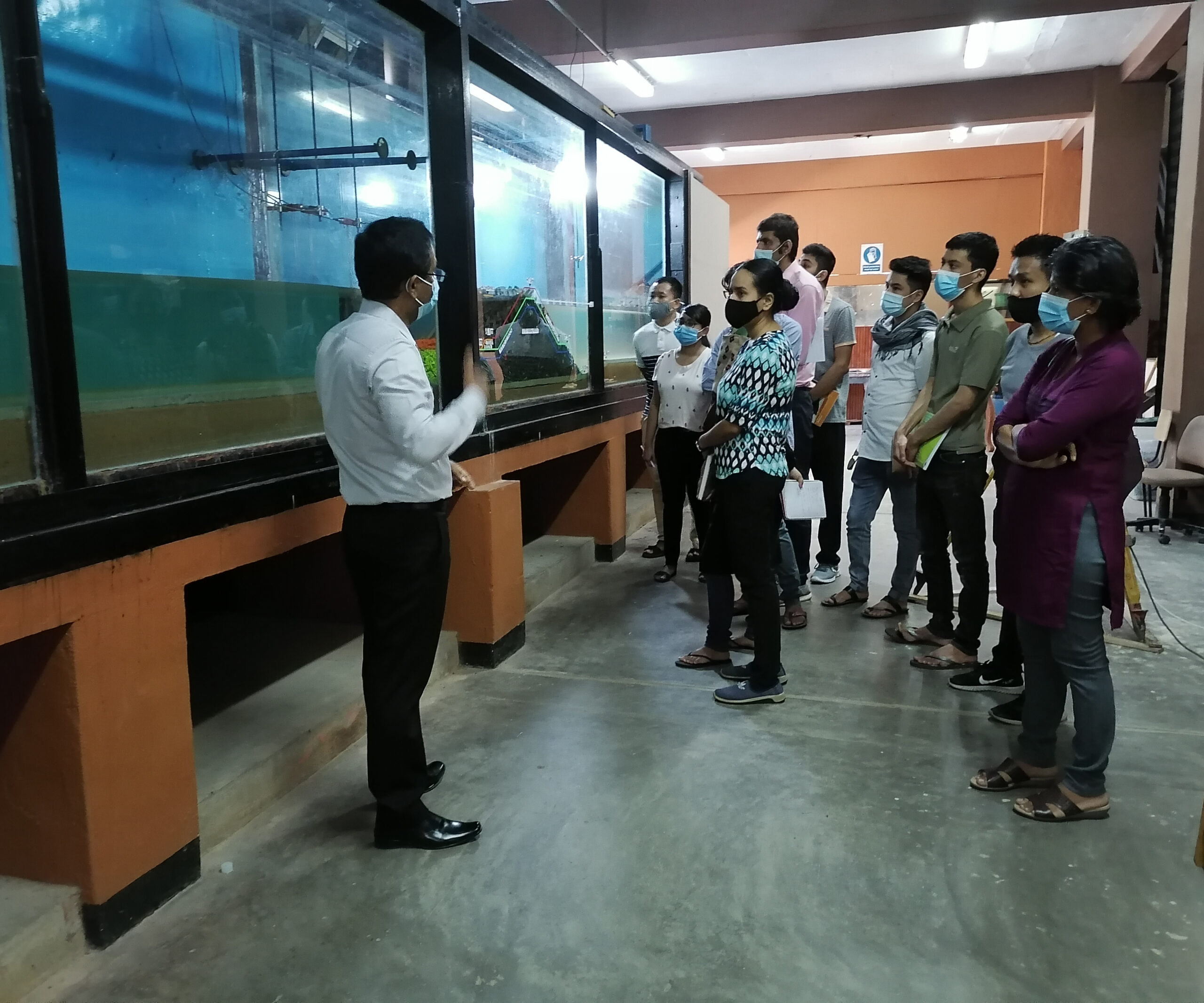
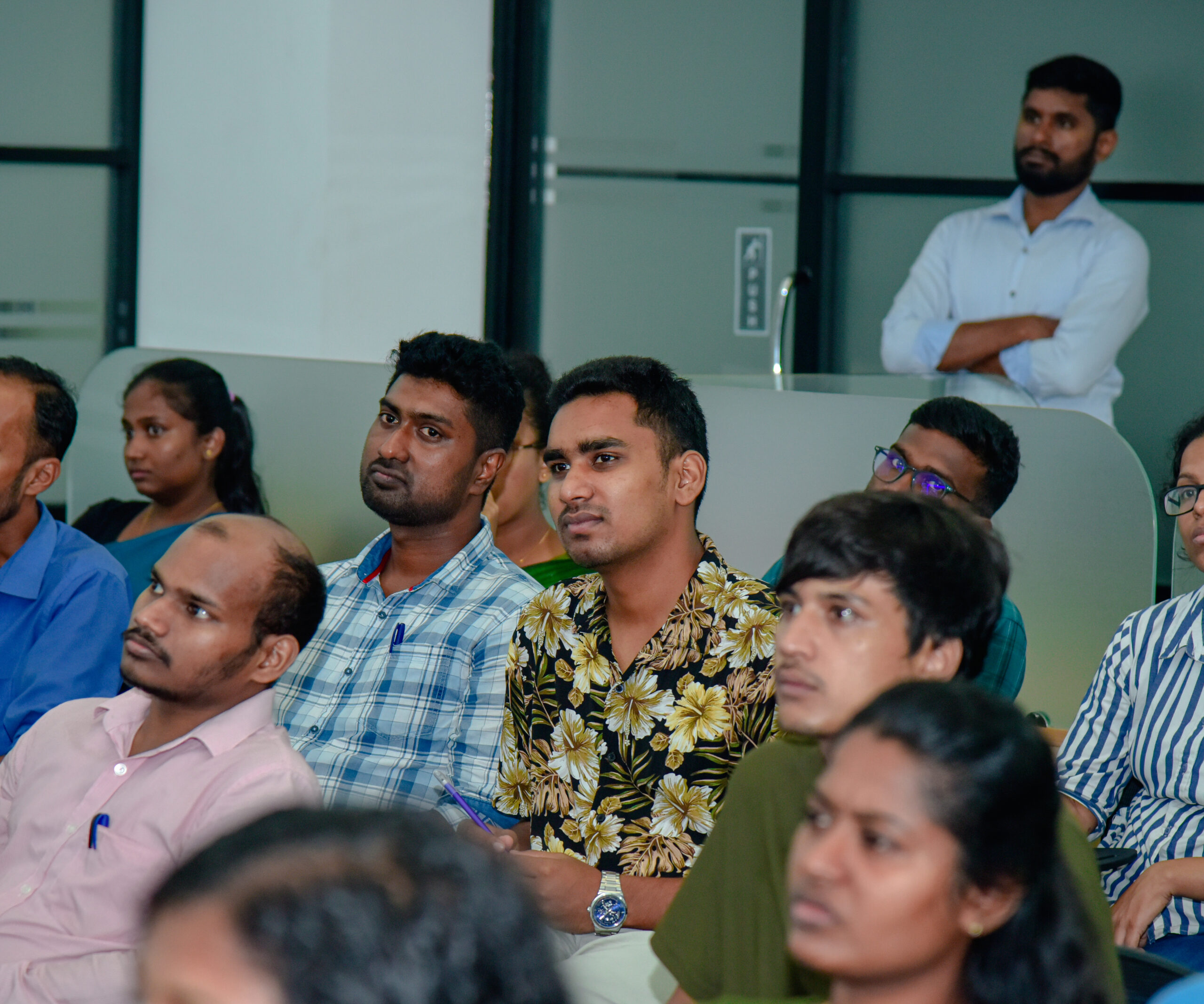
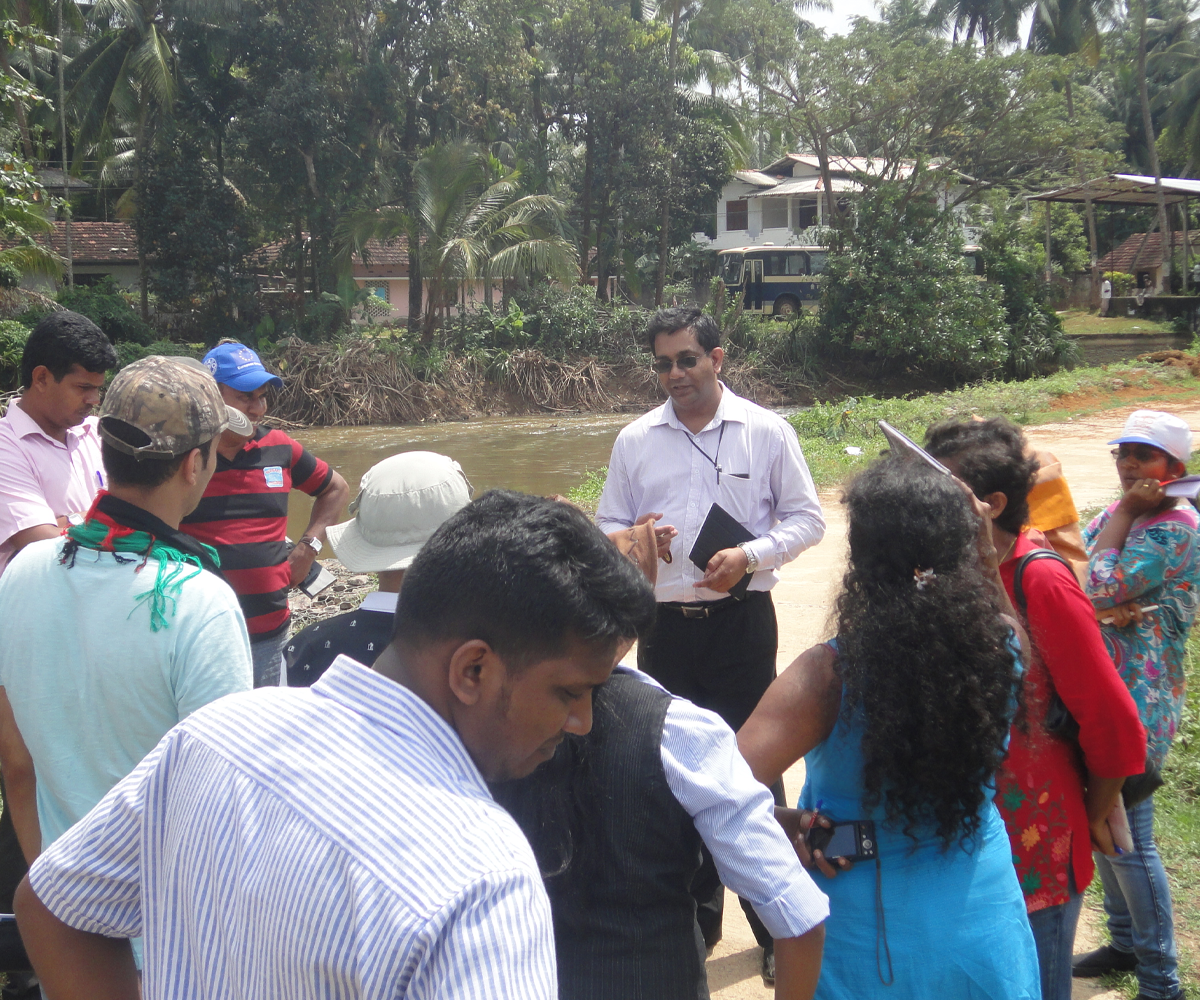
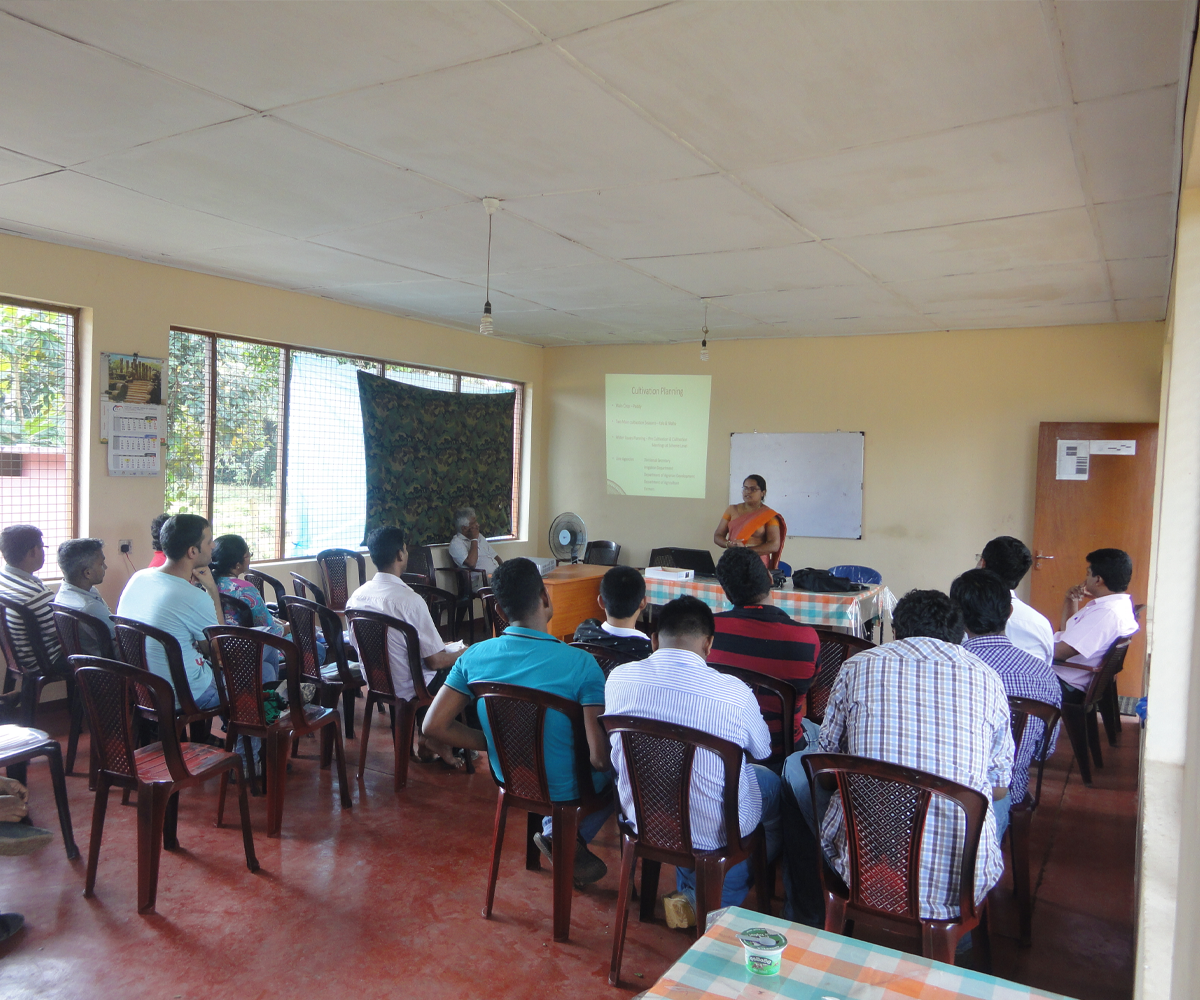
Enhancing Sustainable Water Resources Management in South Asia: International Postgraduate Program and Capacity Building Initiatives
Within the Capacity Building Program, our UNESCO Chair is committed to nurturing the capabilities of individuals in the field of sustainable water resources management. We achieve this through an international postgraduate program designed to empower the next generation of water professionals, engineers, and managers in South Asia. This program, with its unique Problem-Based Learning (PBL) feature, equips students with essential skills in numerical modeling of water resources availability, climate change impact mitigation, integrated water resources modeling and management, and addressing global water challenges. Through this initiative, we prepare future leaders to address the pressing water challenges of our region.
Annual Scholarships: Empowering SAARC Candidates in Sustainable Water Resources Management through Research Supervision
Our commitment to sustainable water management extends beyond the classroom. Through our Research Scholarships Initiative, we annually award eight full-time research scholarships to exceptional candidates from SAARC countries. These scholarships are generously funded by the South Asia Foundation (SAF). Beyond financial support, we provide mentorship and research supervision to guide scholars in their water-related projects. This initiative not only empowers emerging water leaders but also fosters collaboration and networking among scholars from the region, contributing to long-term water security in South Asia.

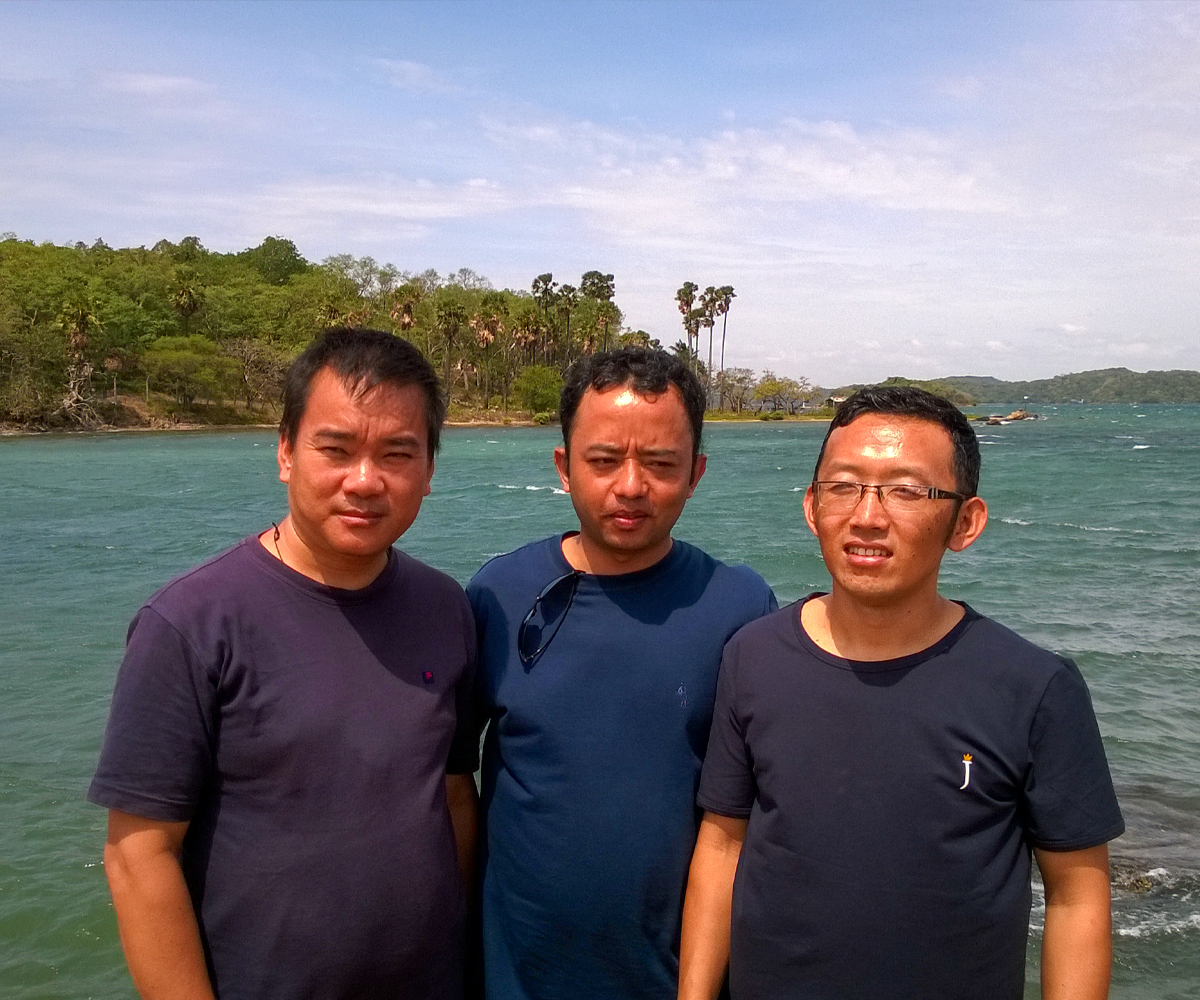
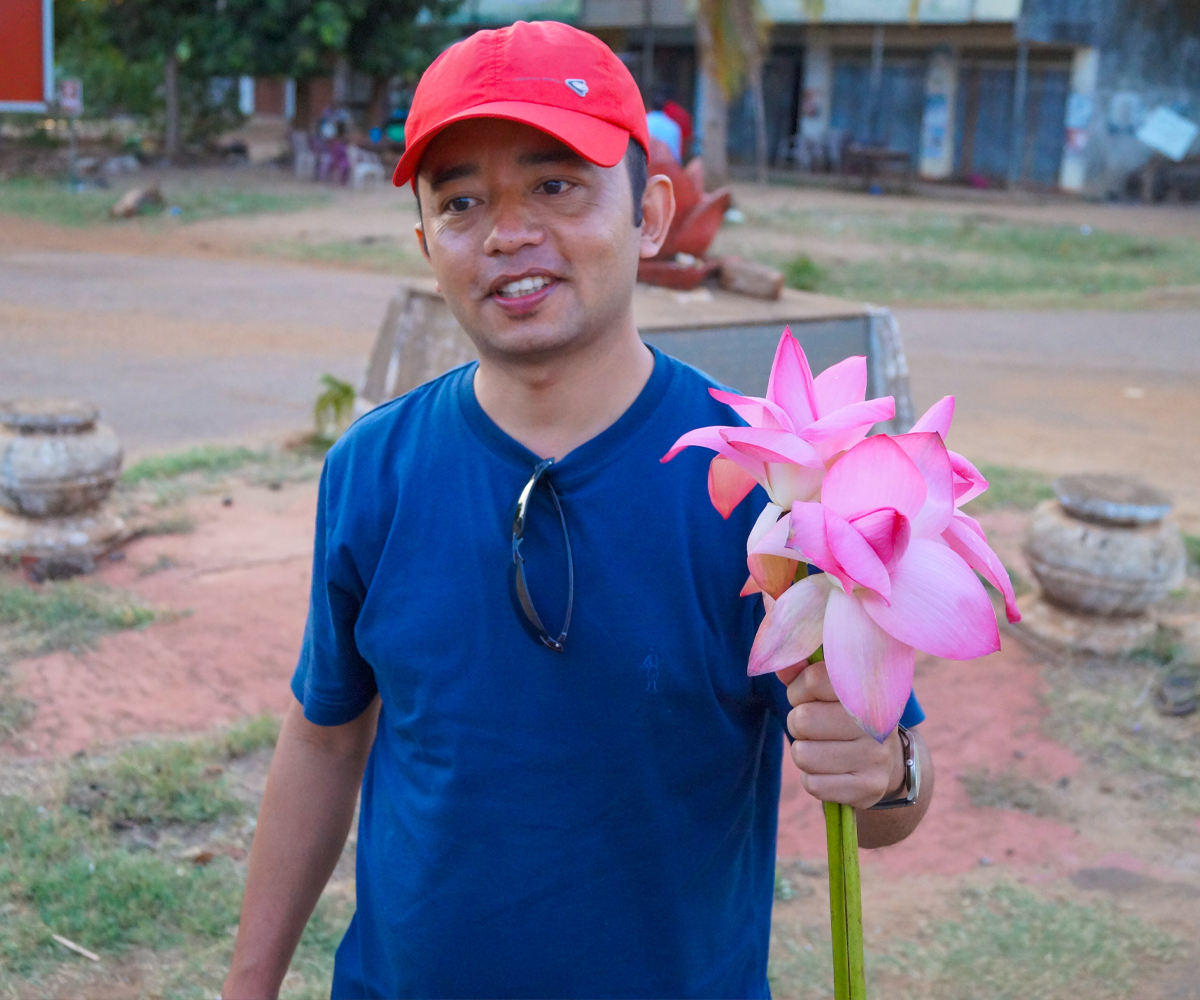
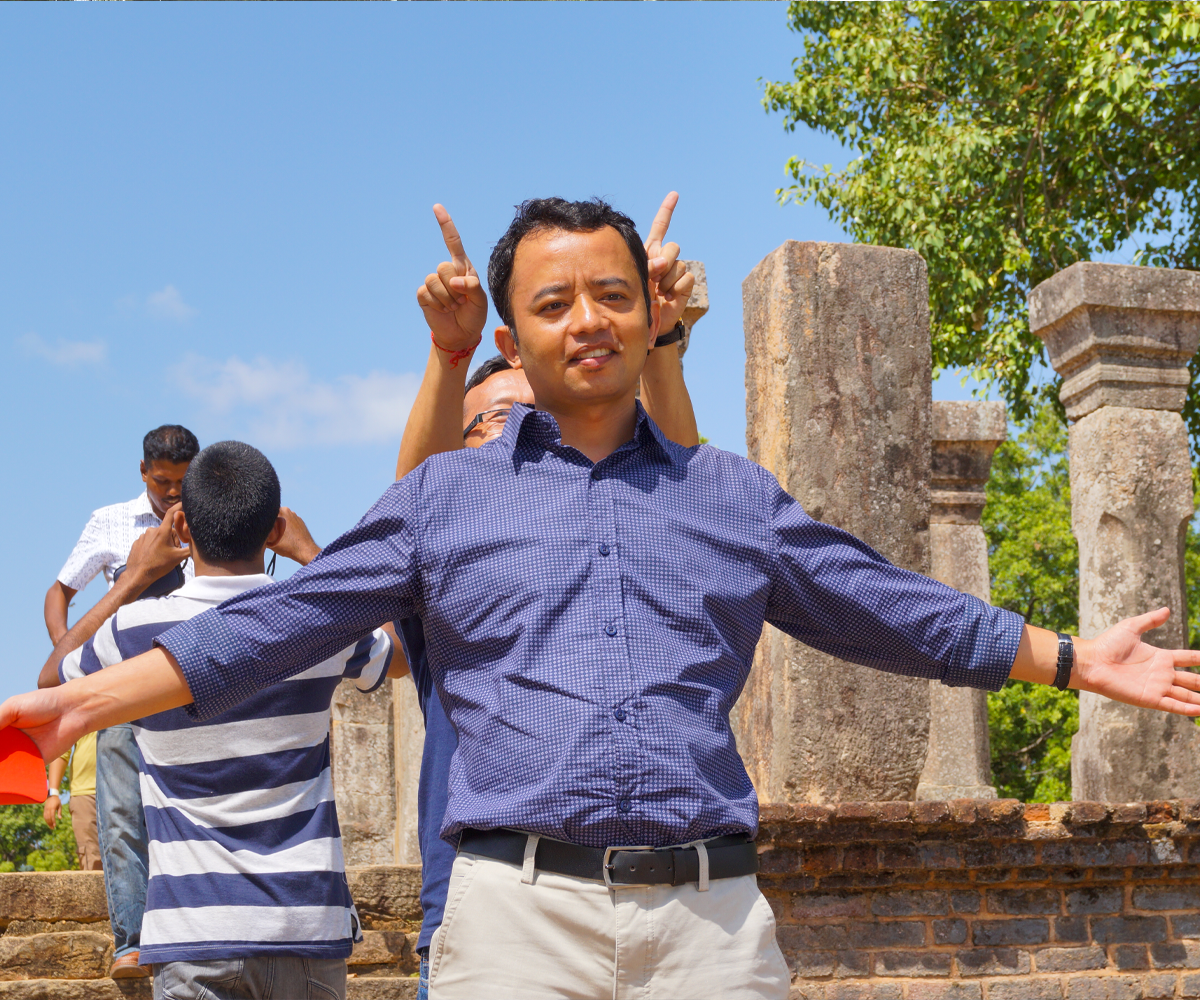
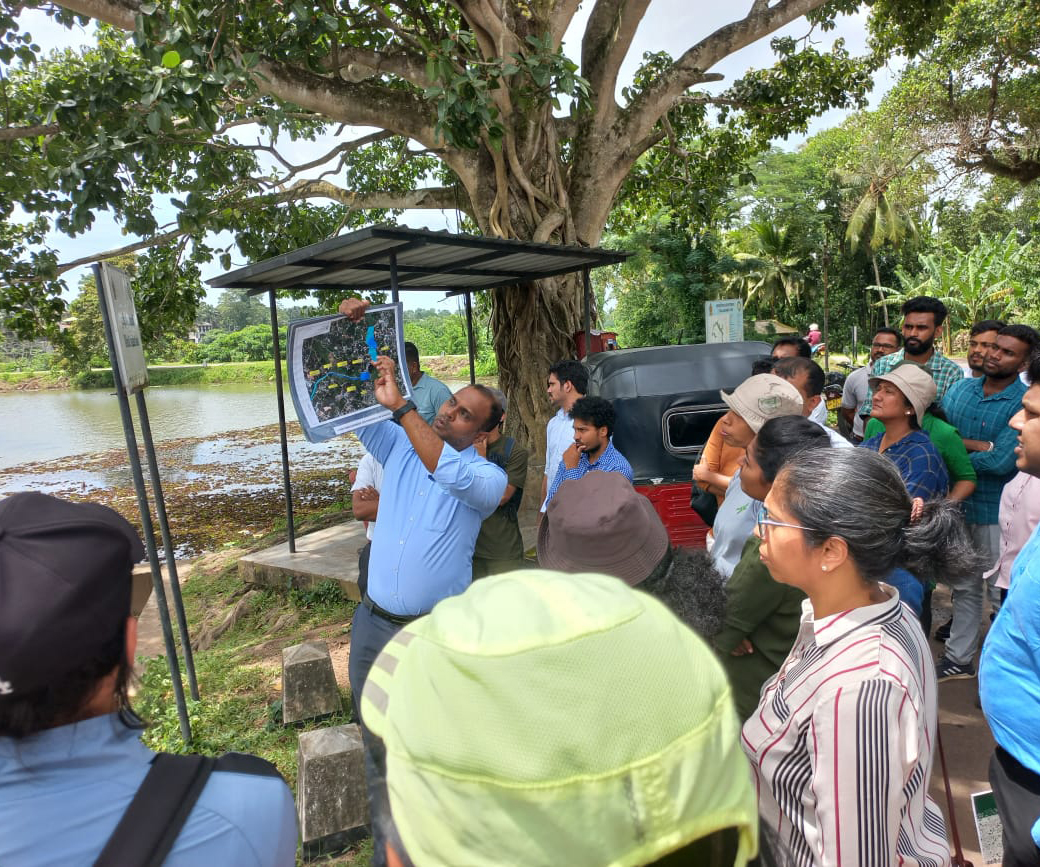
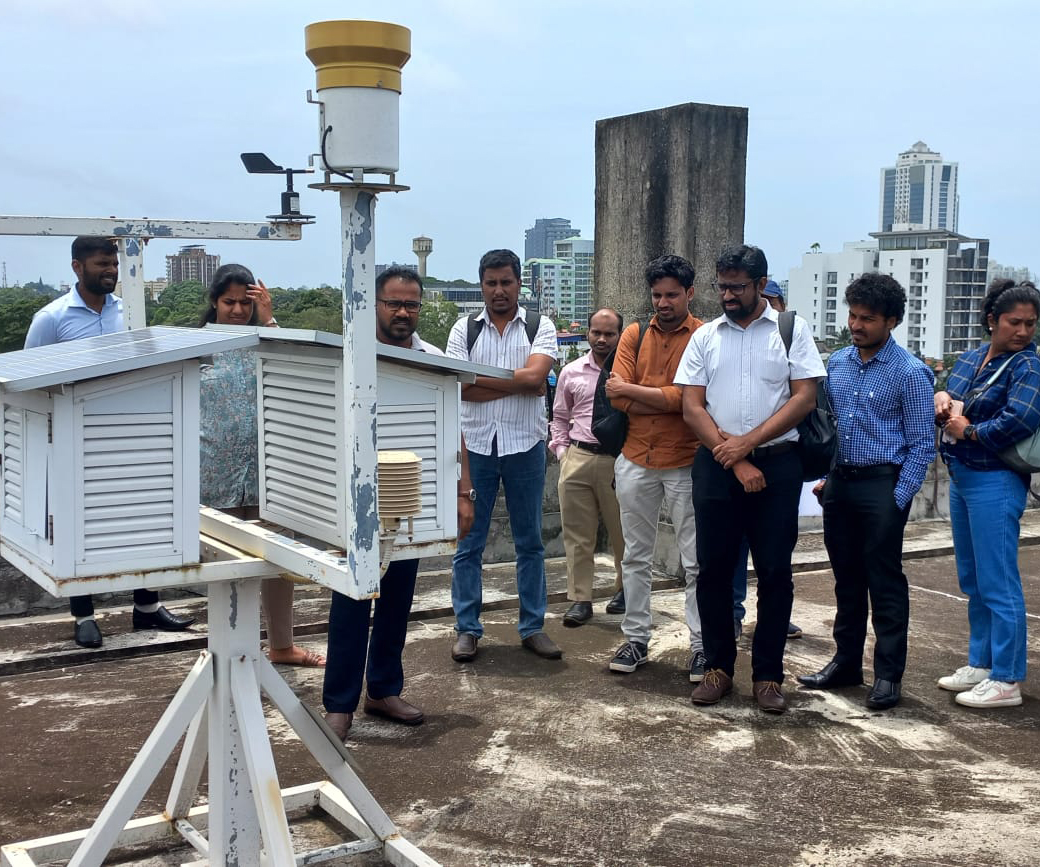
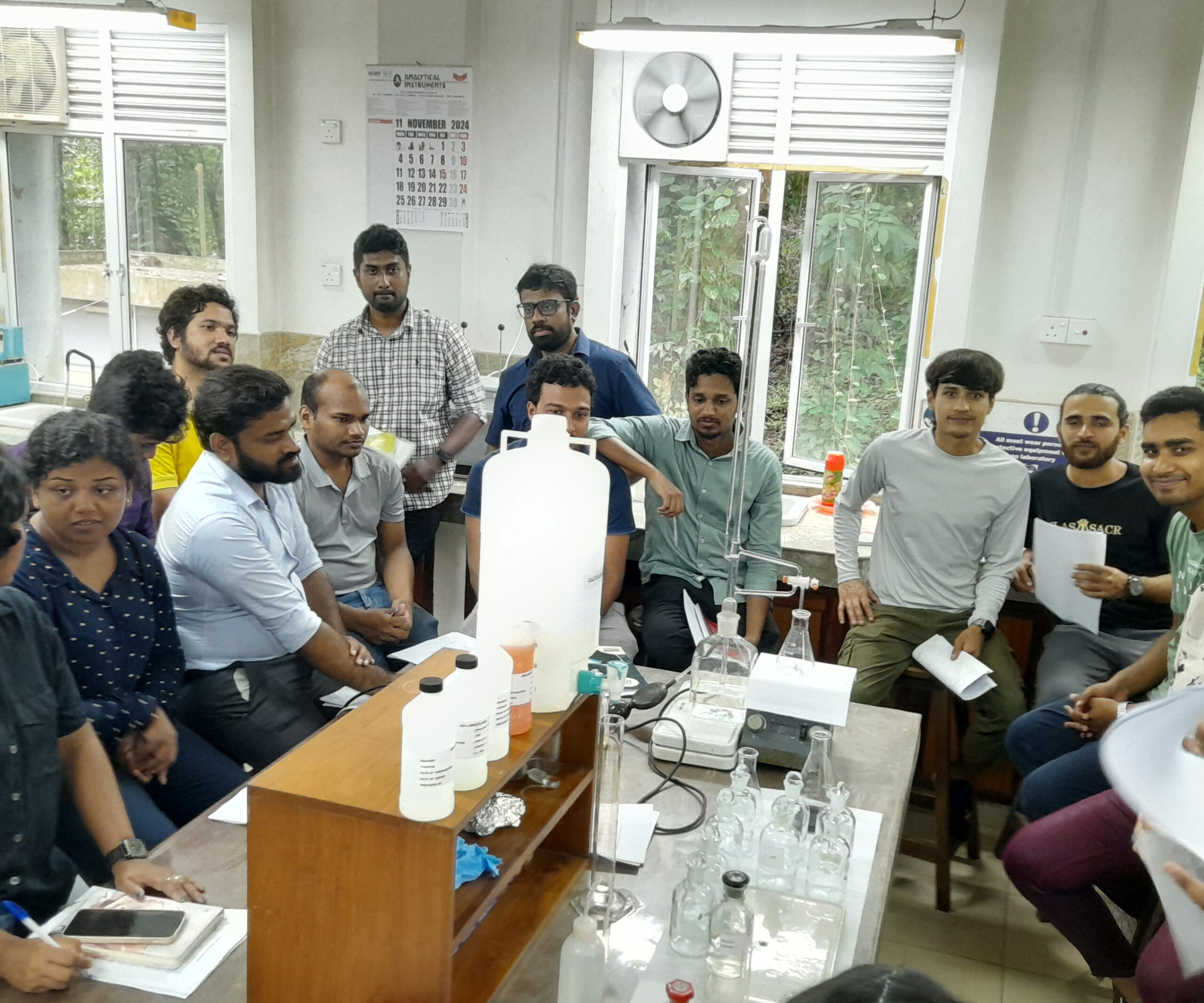
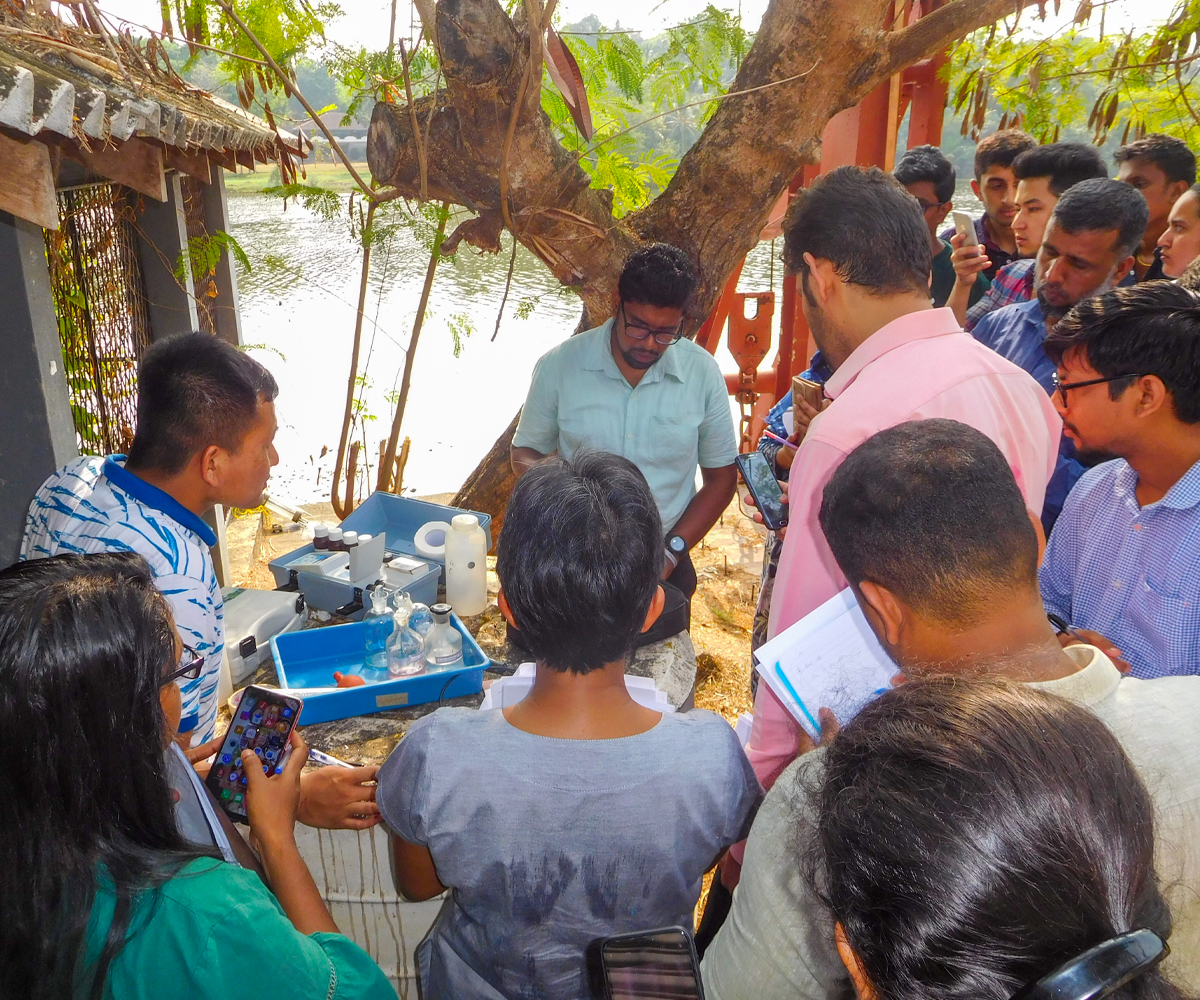
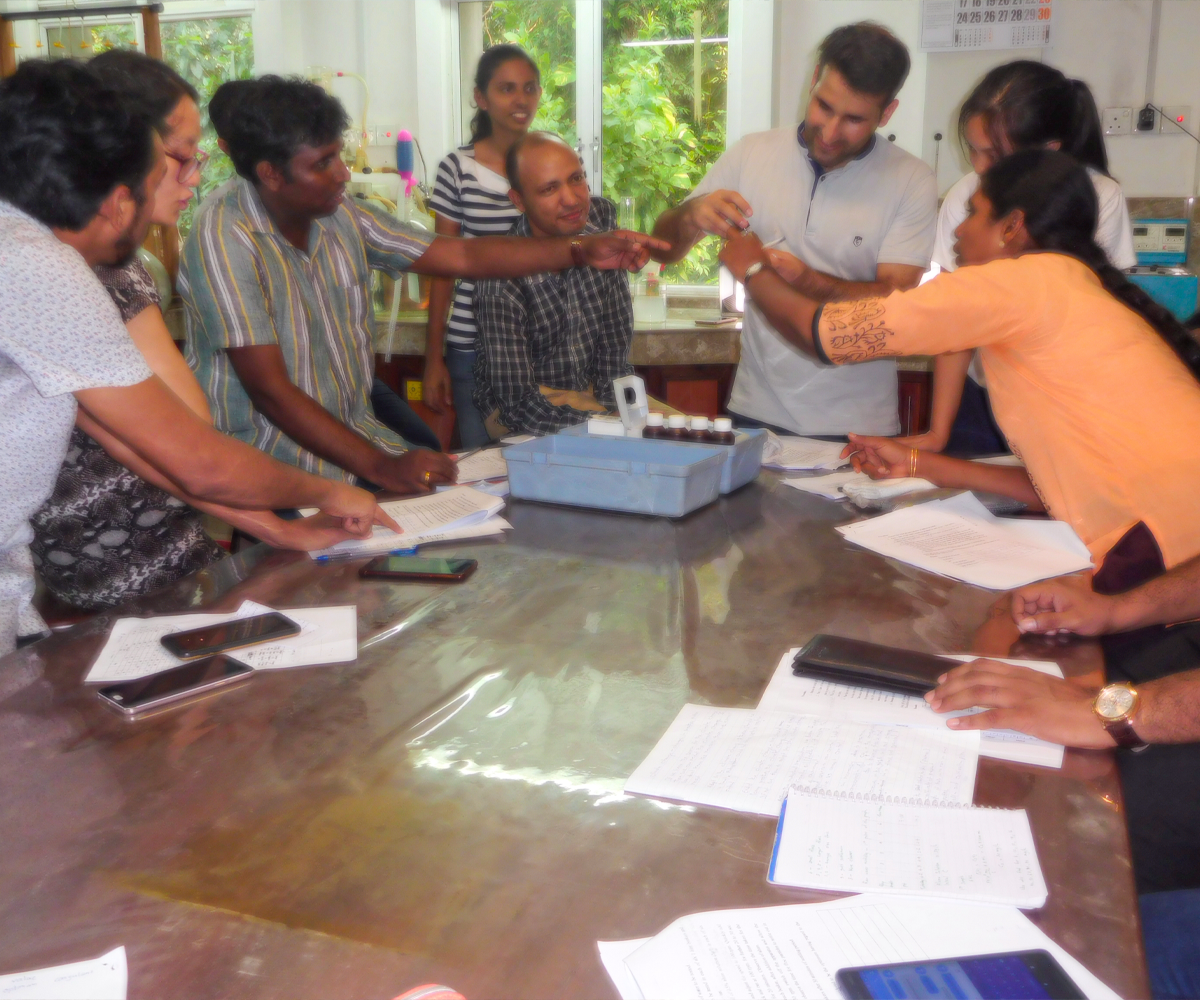
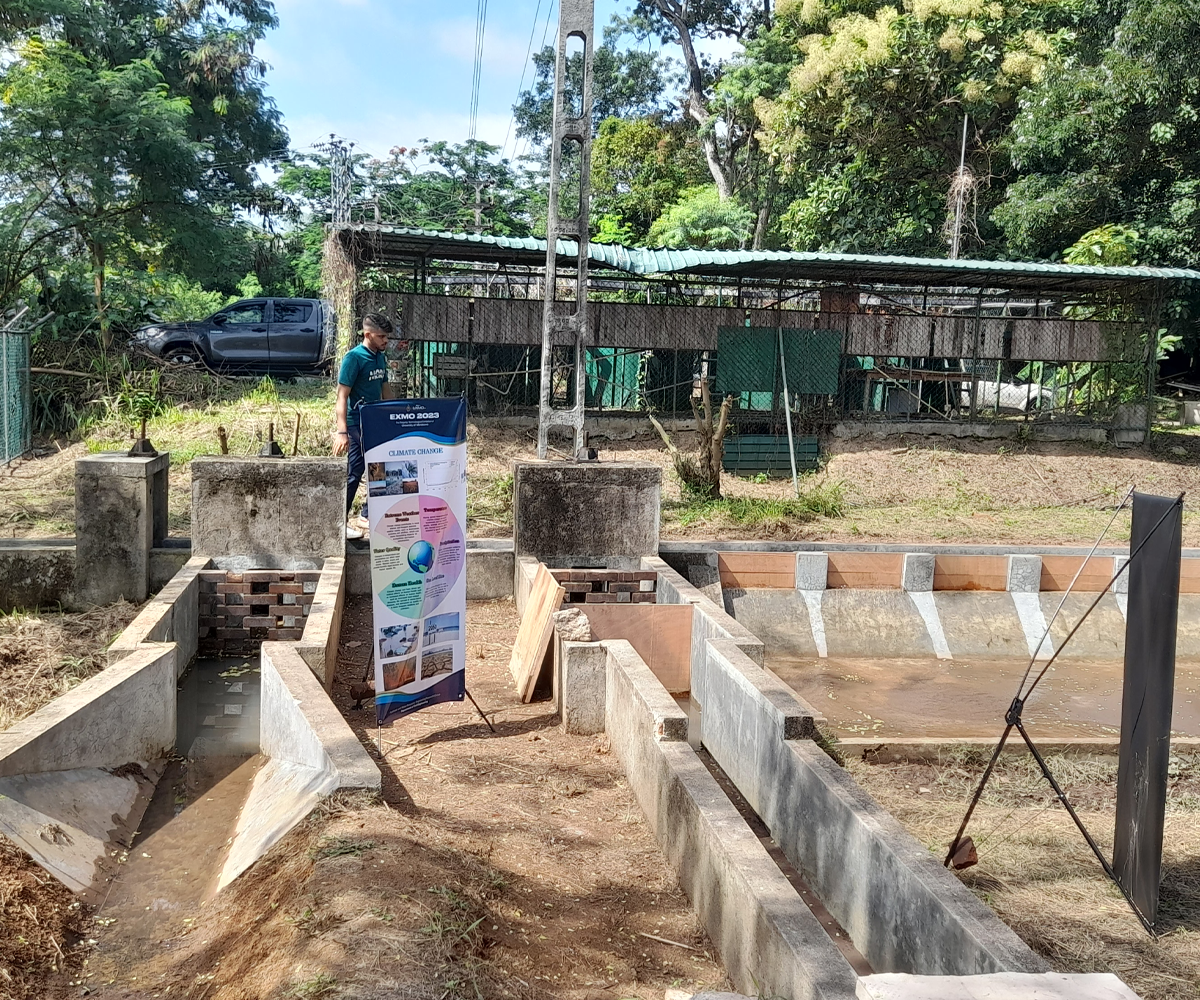
Innovative Research Initiatives: Integrating Technology, Science, and Traditional Practices in Sustainable Water Solutions
To advance the frontiers of water science and address real-world challenges, we are dedicated to establishing an experimental research facility. This state-of-the-art facility will serve as a hub for action-oriented research projects that combine cutting-edge technology, scientific principles, and traditional practices. We anticipate conducting groundbreaking research that leads to innovative solutions for sustainable water management. Our commitment to openness and sharing extends to disseminating research results widely, including showcasing our work at the EXMO2023 University Open Day Exhibition.
Building Networks: Strengthening Collaboration Among Regional Institutions and Water Management Professionals
Building connections and fostering collaboration are integral to our mission. Under the Regional Network Establishment, we are actively working to create a network of institutions and water management professionals across the South Asian region. This network is dedicated to the sustainable use of water resources. Through this initiative, we aim to identify pressing water management issues, design sustainable solutions, and collaborate with UNESCO and other existing UNESCO Chairs. Our efforts encompass capacity building, education, policy advocacy, and partnerships, ultimately contributing to the collective endeavor to ensure a water-secure future for South Asia.
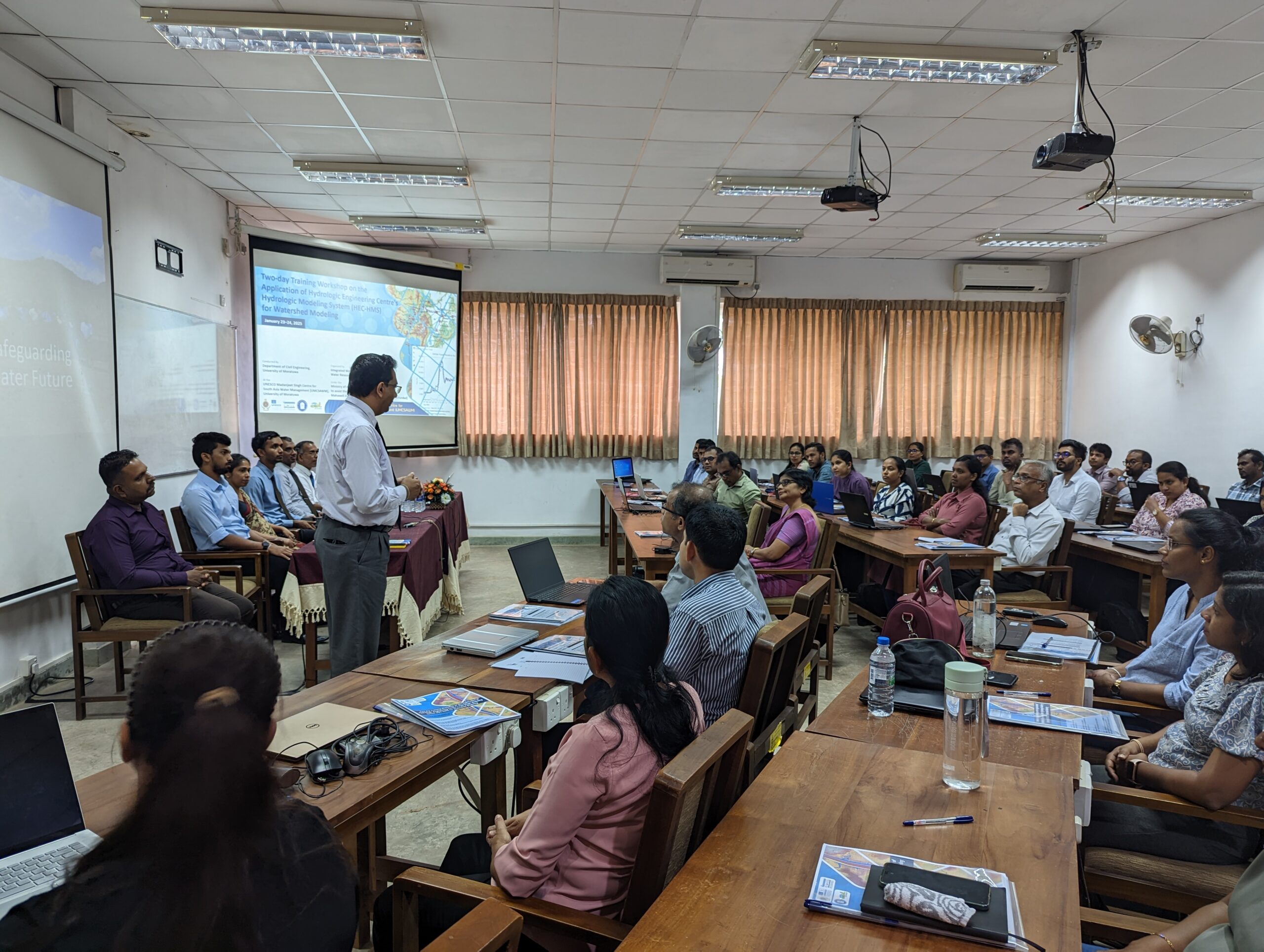
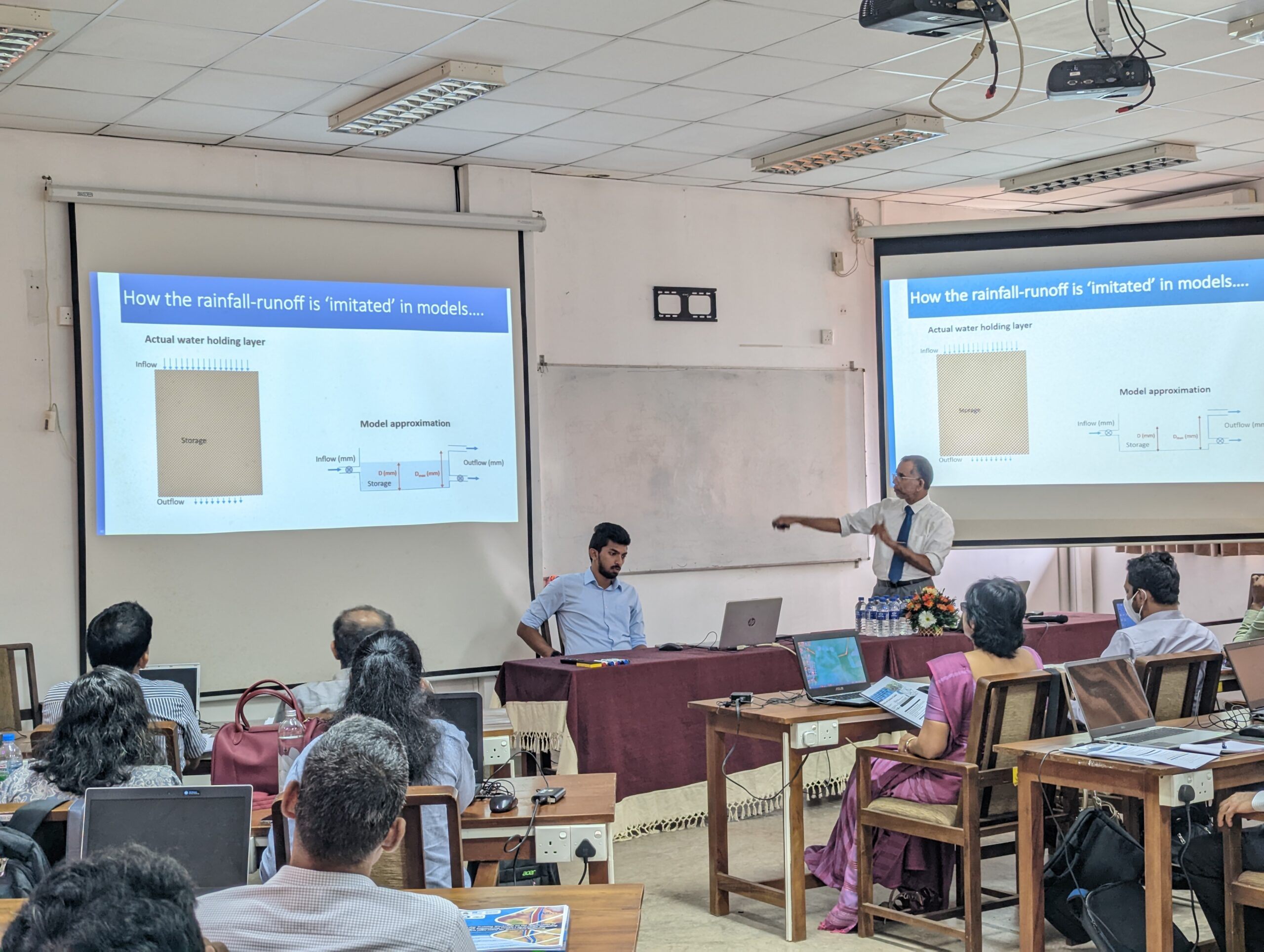

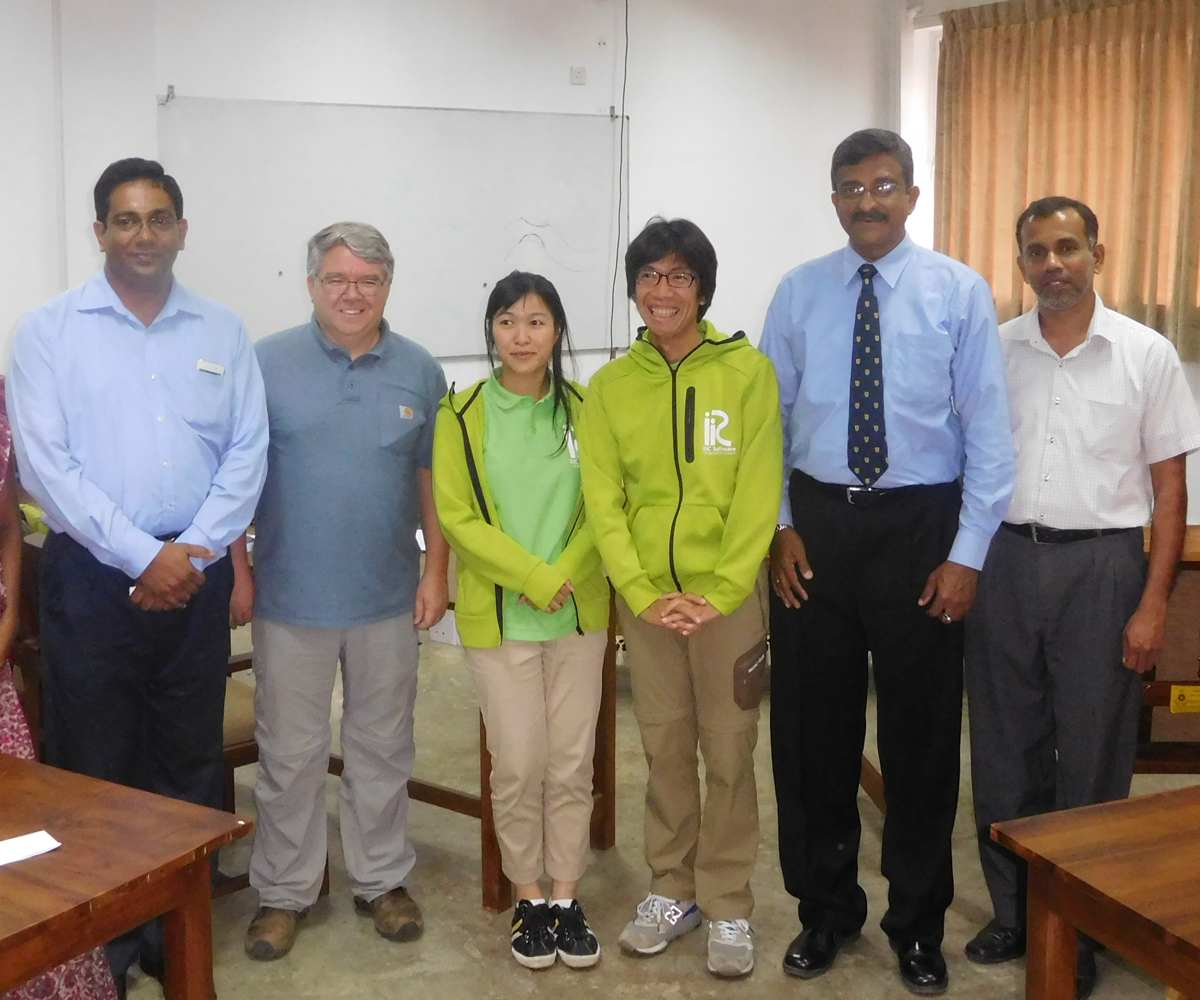
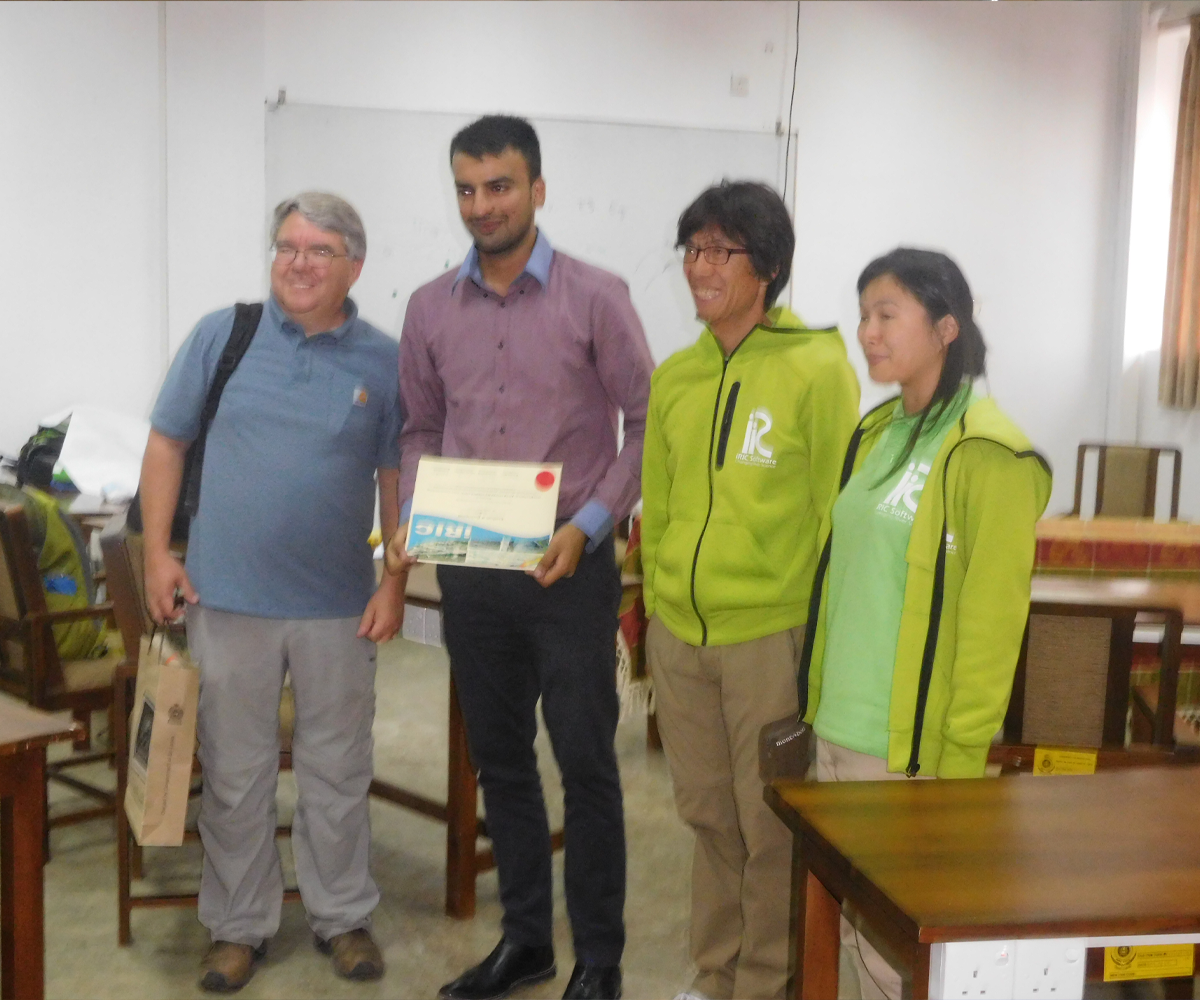
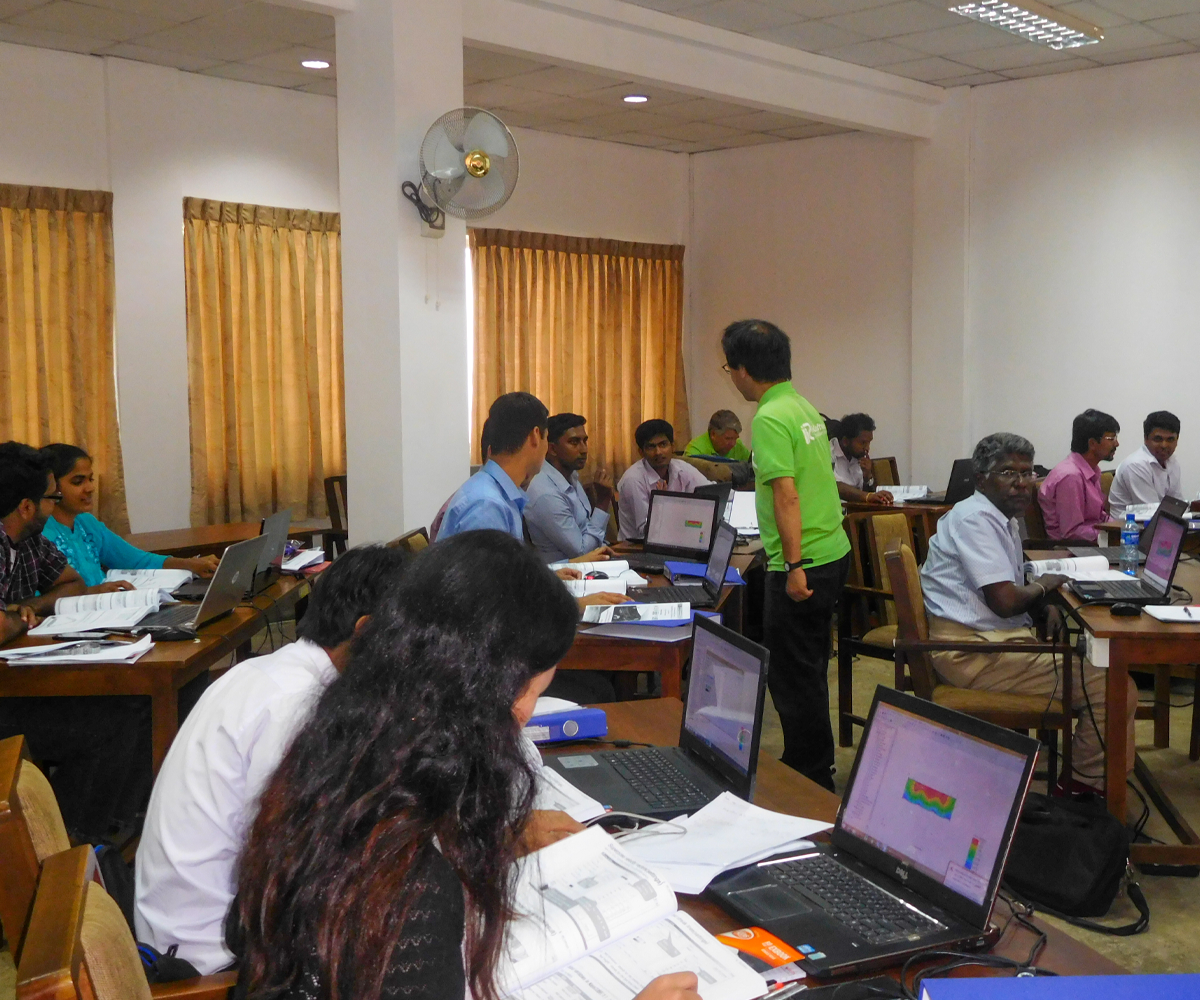
IHP Focal Point in Sri Lanka
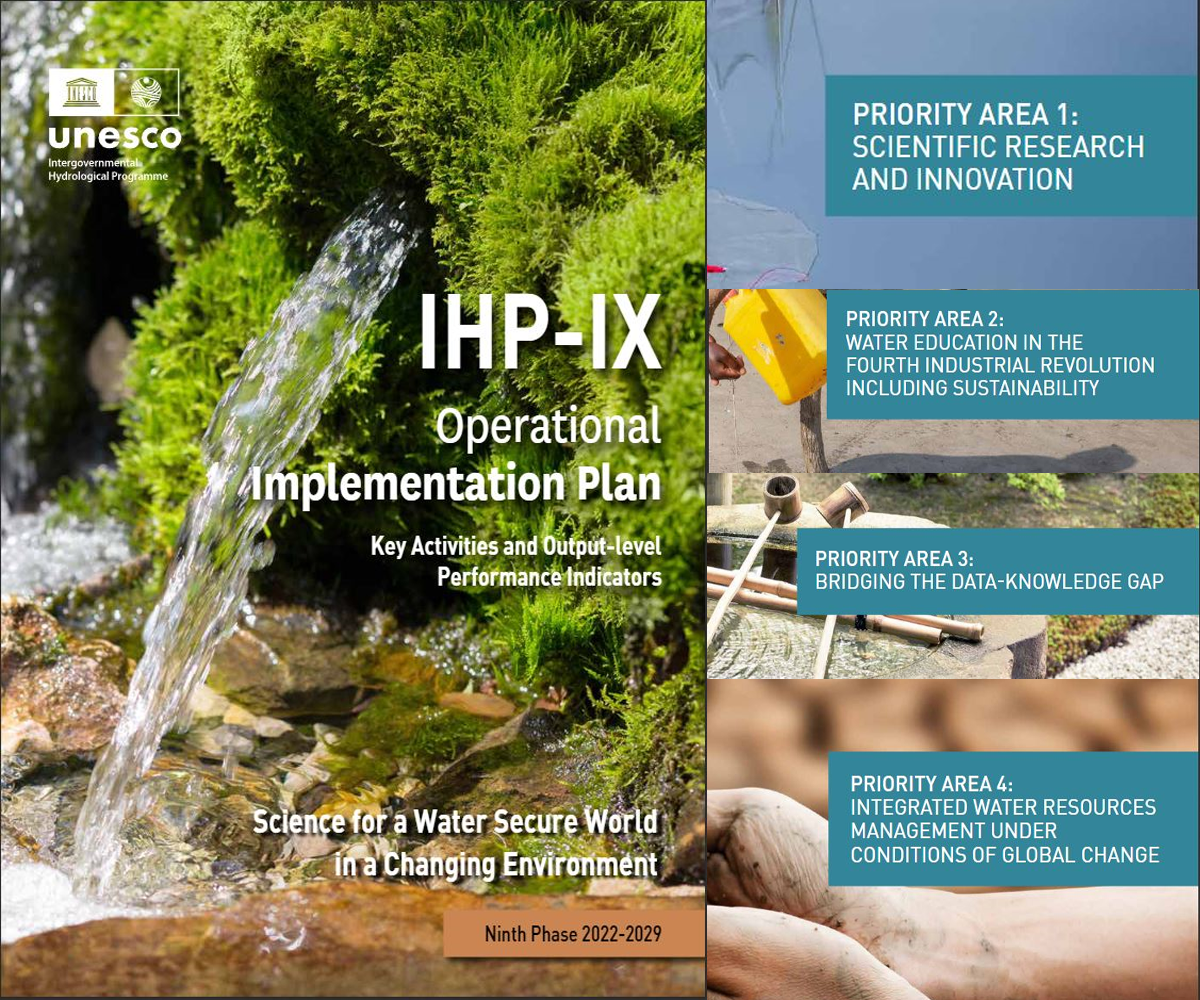
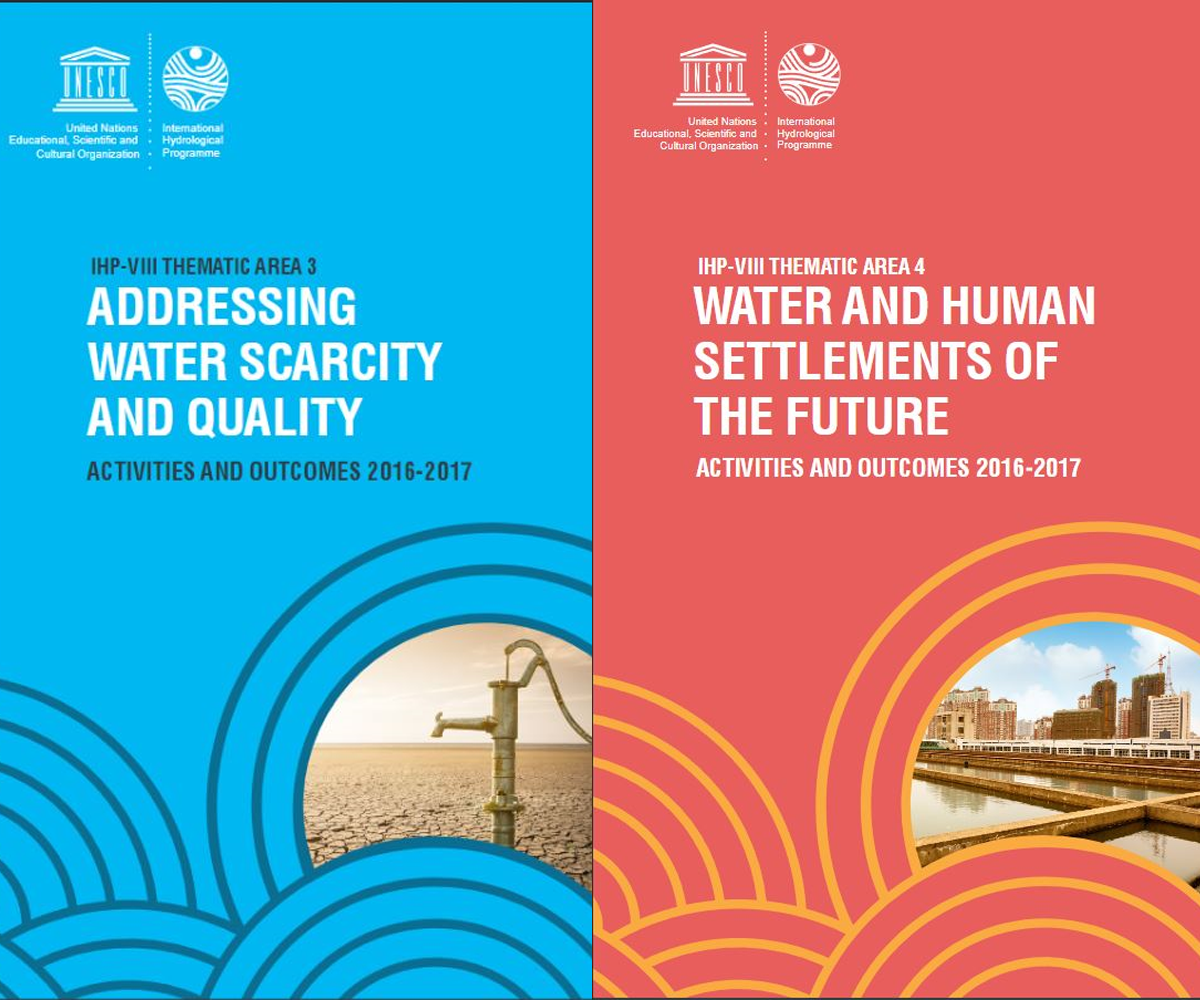
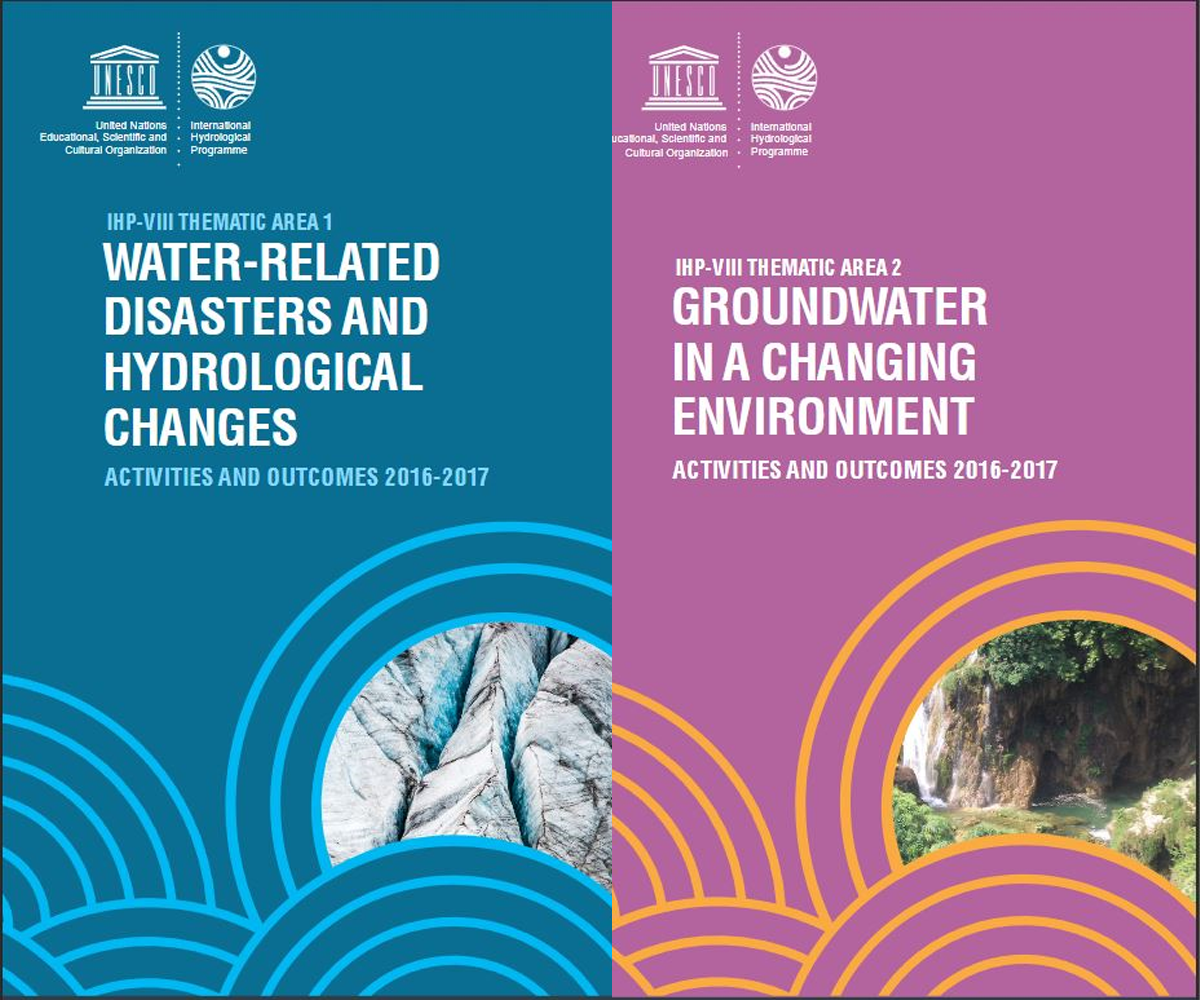
The UNESCO Intergovernmental Hydrological Programme (IHP), the only intergovernmental cooperation programme of the UN system dedicated to water research and management/related education and capacity development, stimulates and encourages holistic hydrological research and knowledge generation, and assists Member States in research and training activities.
The IHP seeks to enable all stakeholders to participate in the creation of a new, sustainable, water culture. The IHP’s just started the Ninth Phase (IHP-IX, 2022-2029) puts science into action for a Water Secure World, in a Changing Environment.
Sri Lanka National Commission for UNESCO (SLNCU) is the government arm of implementing the UNESCO Agenda in Sri Lanka. The SLNCU works in collaboration and coordination with each ministry involved to achieve the development relevant to education, science, culture, mass communication, sociology, and environment for obtaining national sustainable development by aligning local development vision to UNESCO criteria.
UNESCO Madanjeet Singh Centre for South Asia Water Management (UMSAWM) strives for regional cooperation by maintaining international standards in the field of sustainable water resource management contributing to a sustainable world. In tandem with this, the SLNCU has found that it is beneficial for both UMSCSAWM to be more involved in UNESCO water-related activities to provide input and develop its own capacity.
To that end, the SLNCU has nominated the UMSCSAWM to act as the Focal Point of Sri Lanka to the International Hydrological Program (IHP) and other water-related matters of UNESCO.
We at UMCSAWM are honoured to acknowledge that the Sri Lanka National Commission for UNESCO (SLNCU) has entrusted UMCSAWM with this pivotal role. UMCSAWM wholeheartedly commits to this important responsibility. This nomination not only signifies our dedication to advancing water resources management through our unique academic and research programs but also underscores our commitment to making a significant impact on international water-related initiatives. We look forward to engaging with the global community and contributing to the sustainable and responsible management of water resources worldwide.
Copyright © 2026 UNESCO Madanjeet Singh Centre for South Asia Water Management
WordPress Theme by WPZOOM
